|
New
Releases |
January 16, 2026
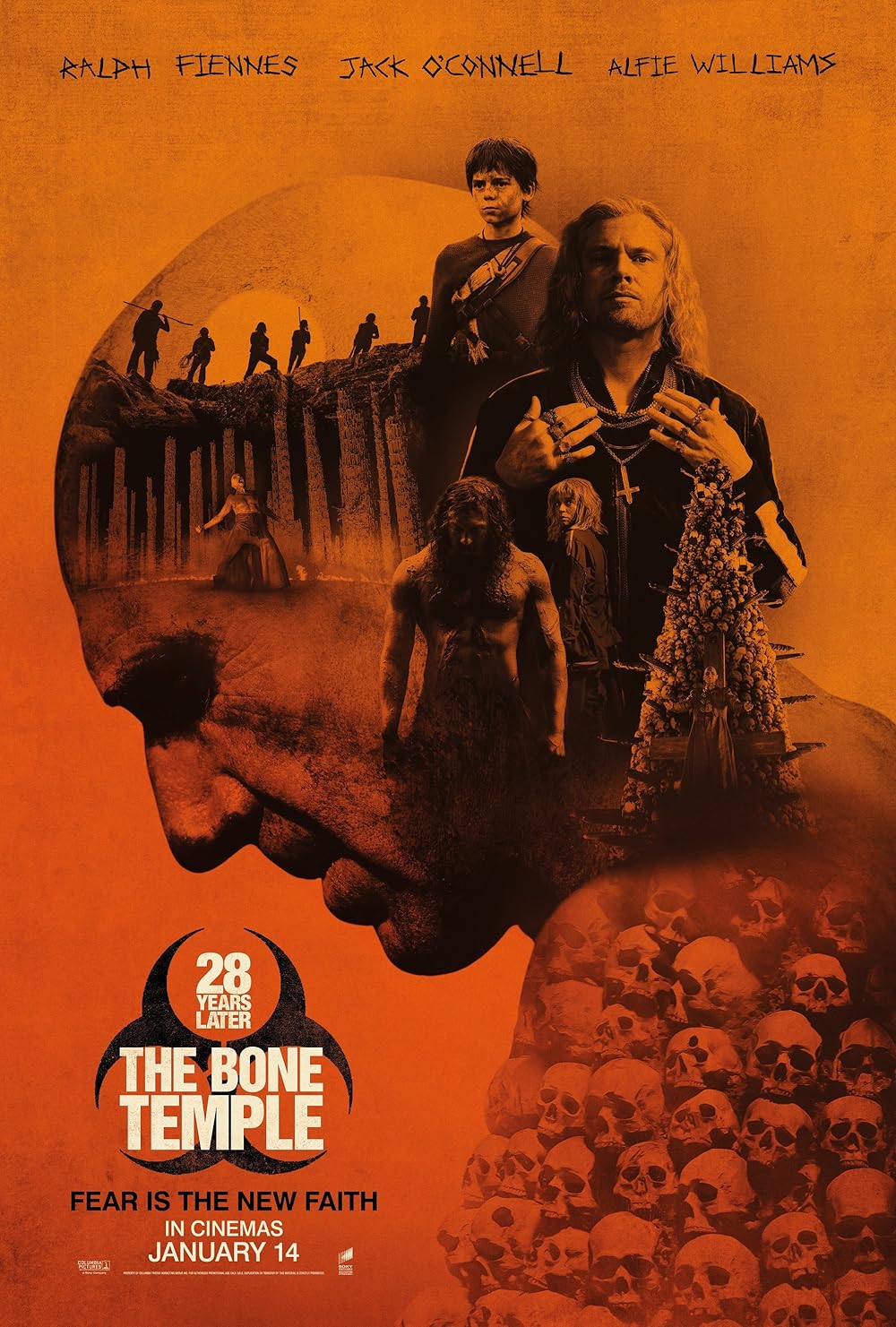
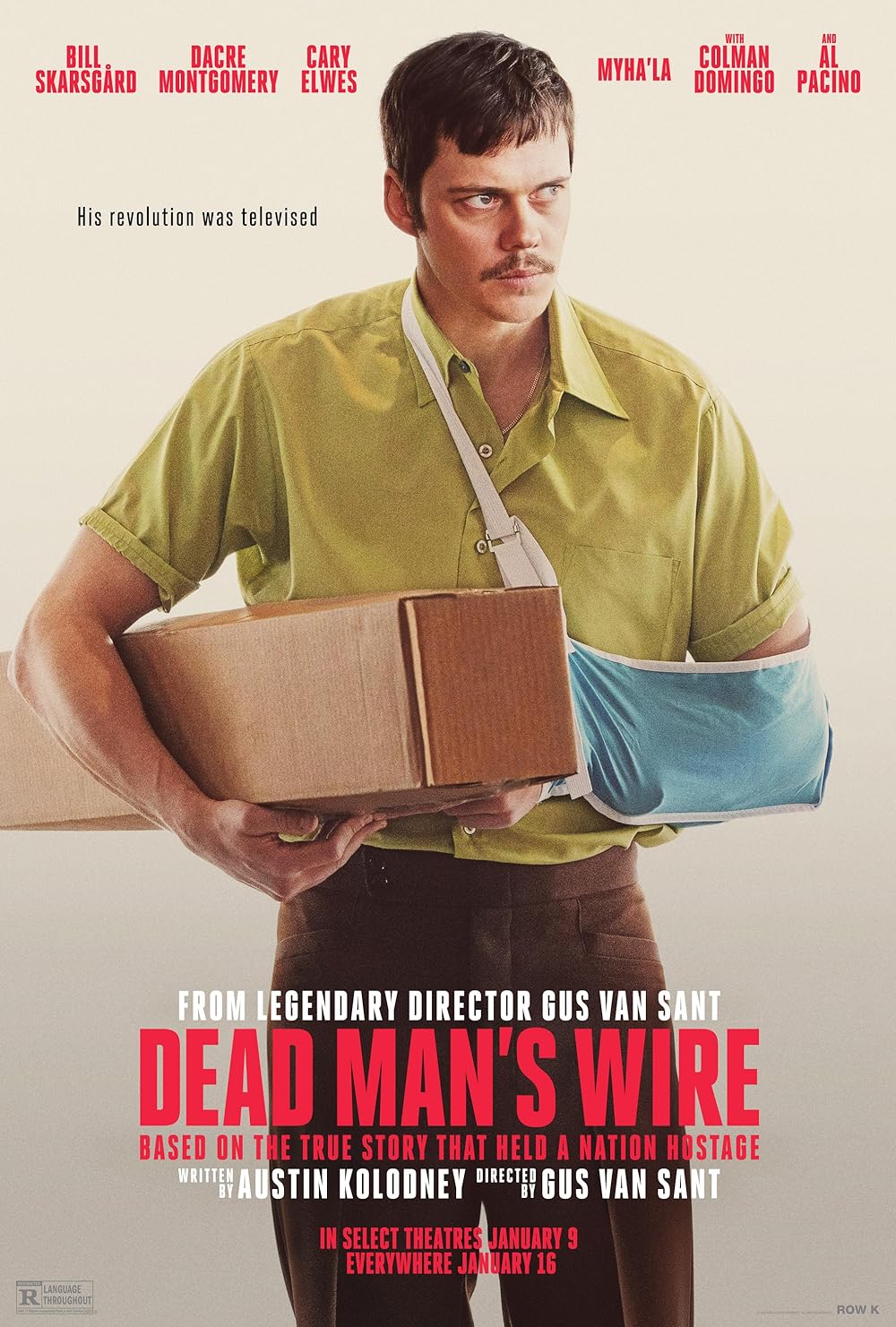
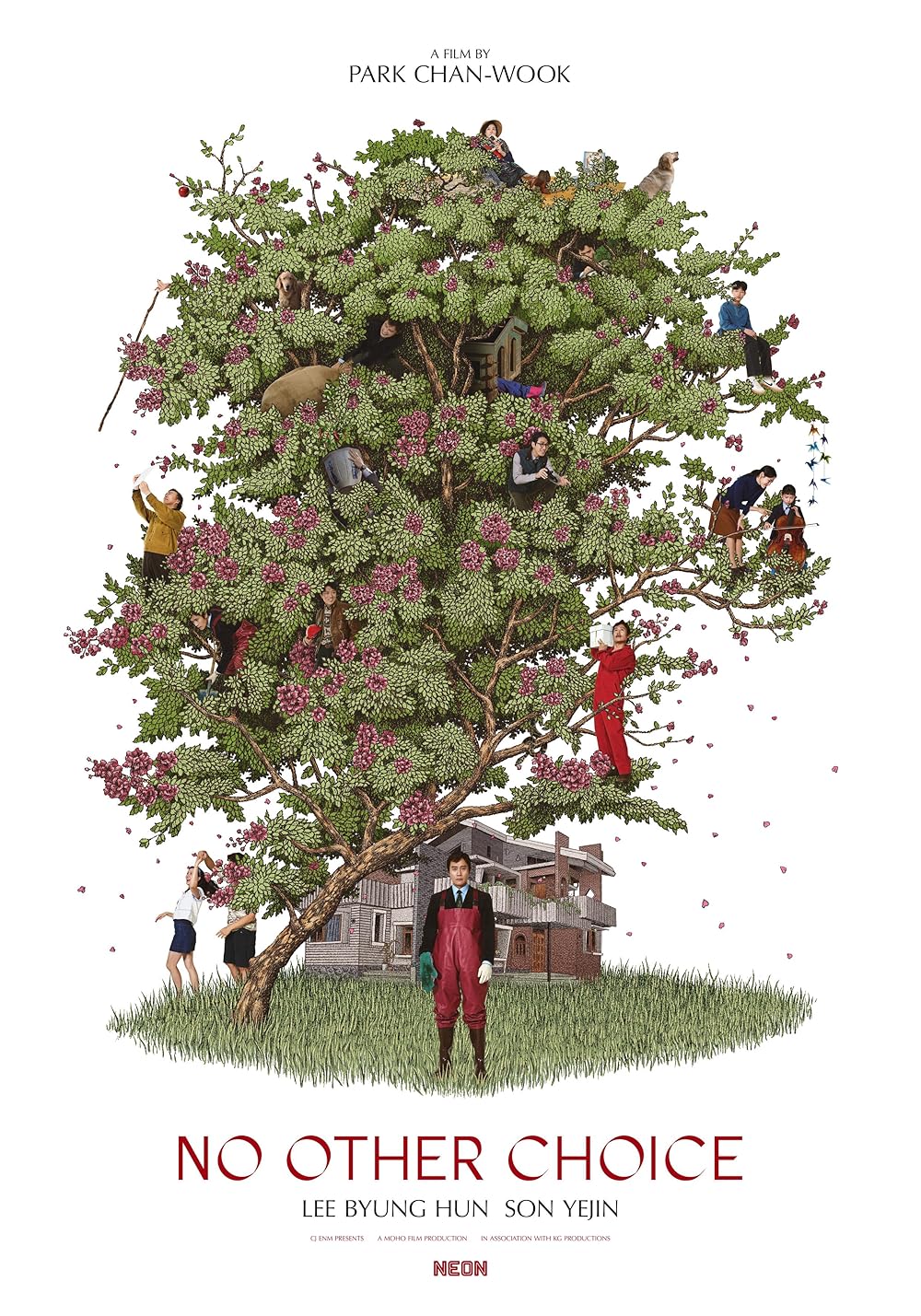
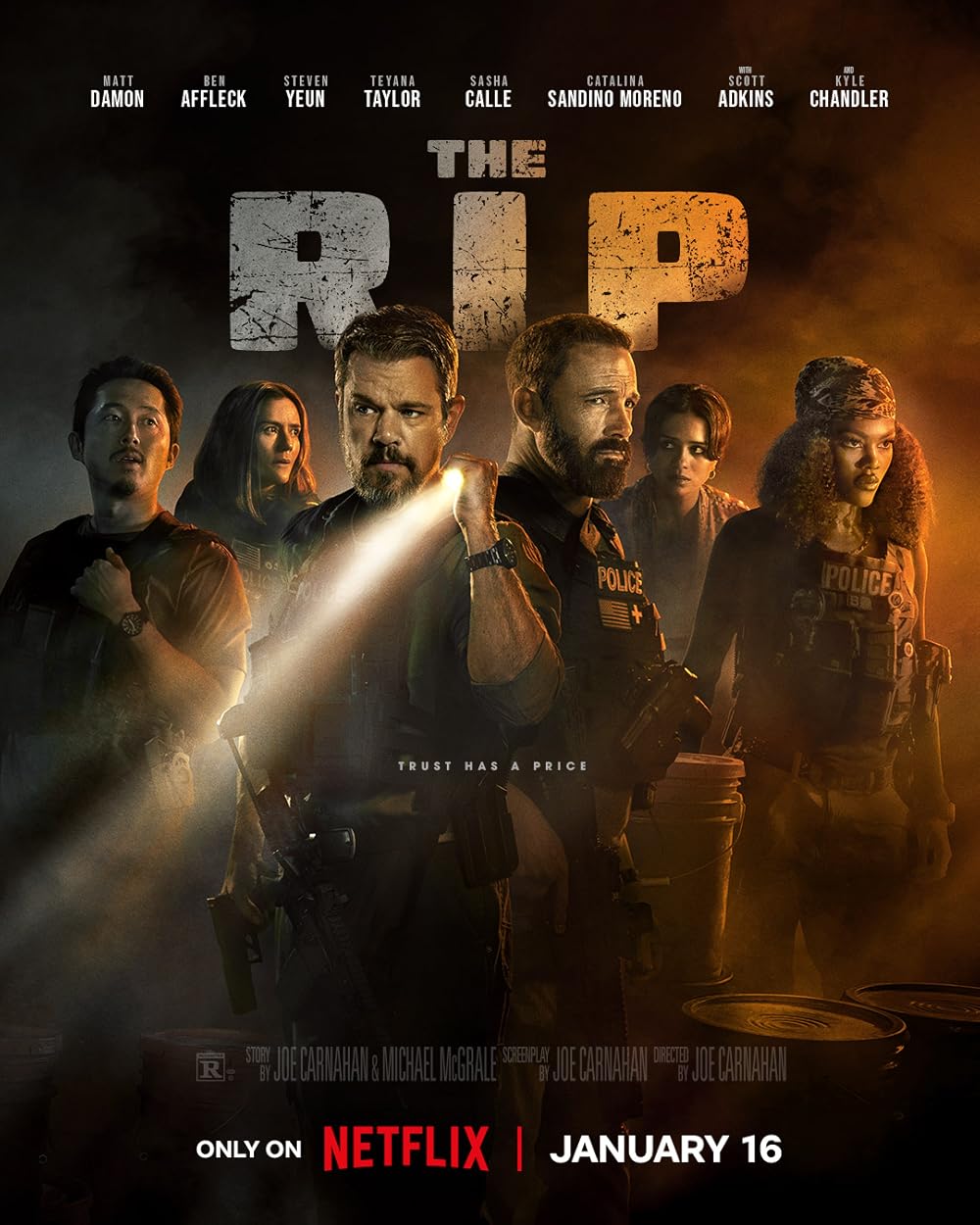 |
January 9, 2026
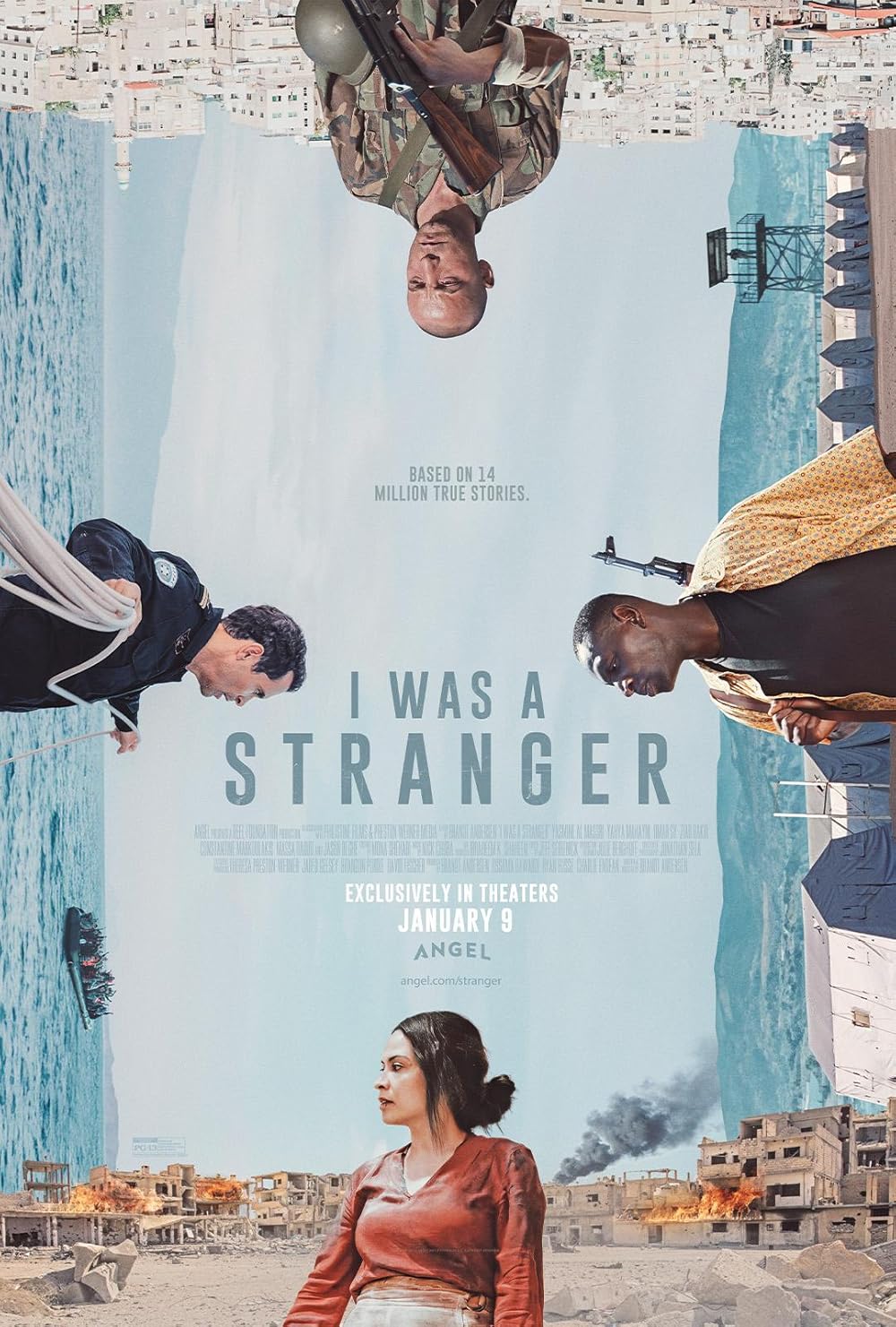
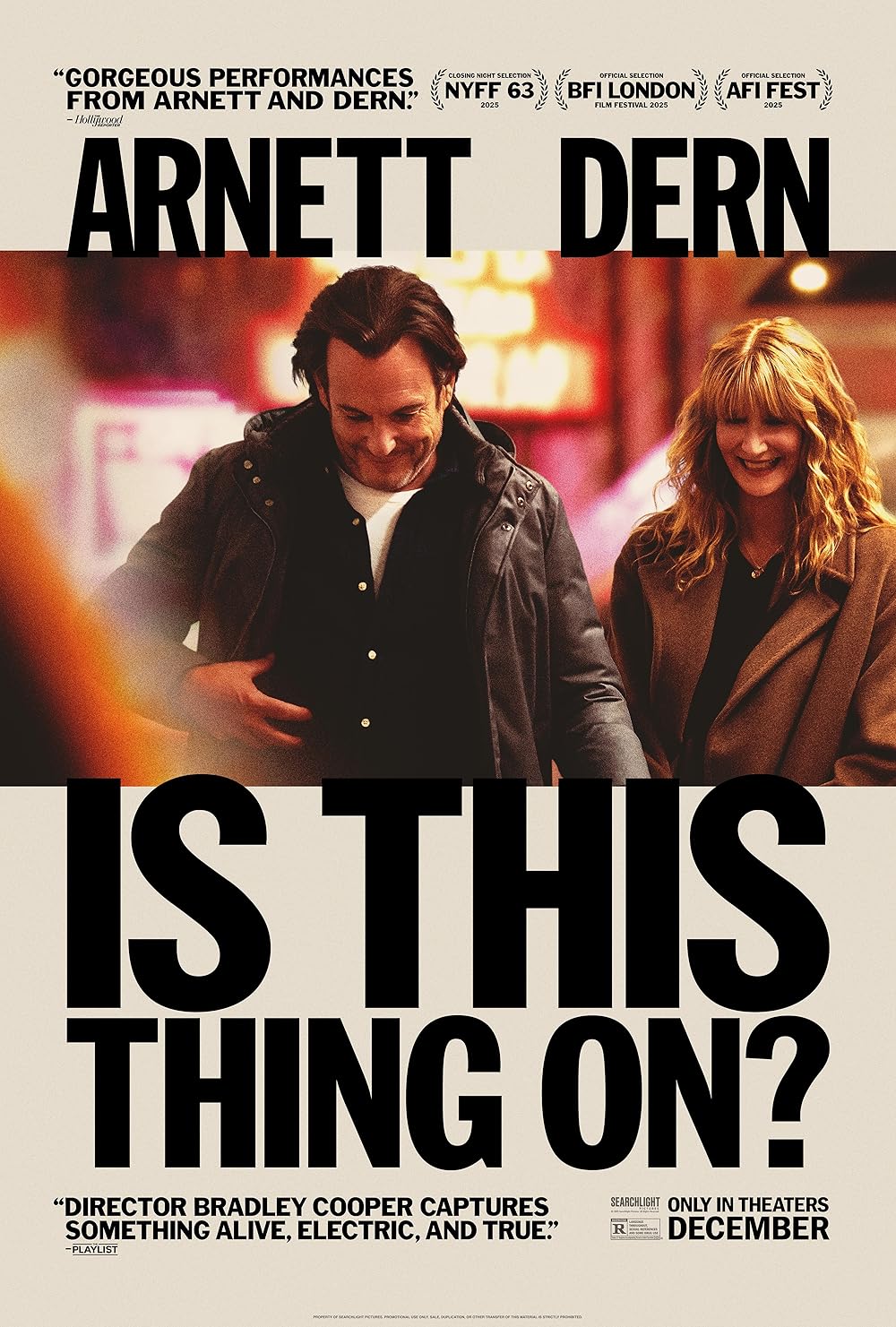 |
January 2, 2026
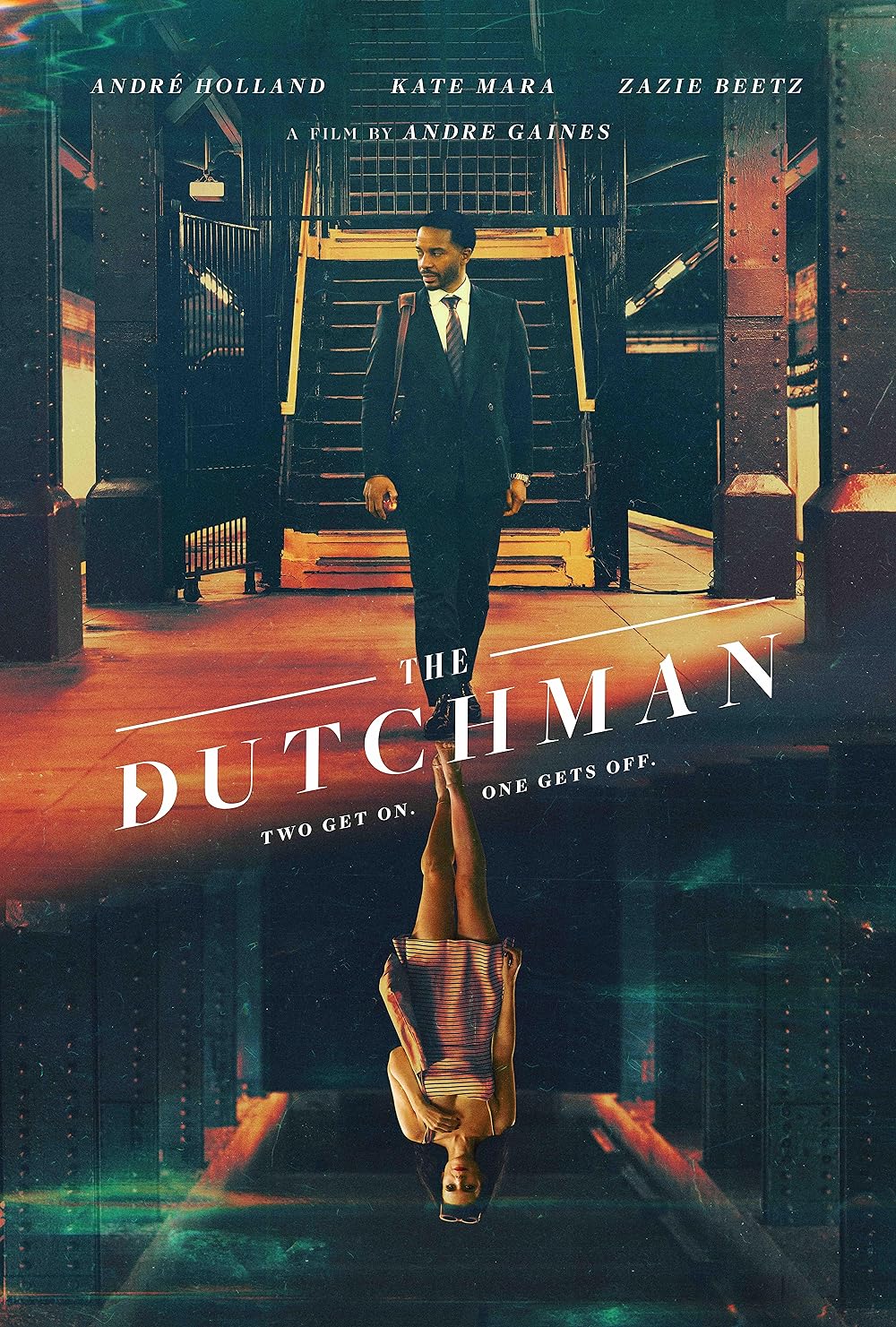
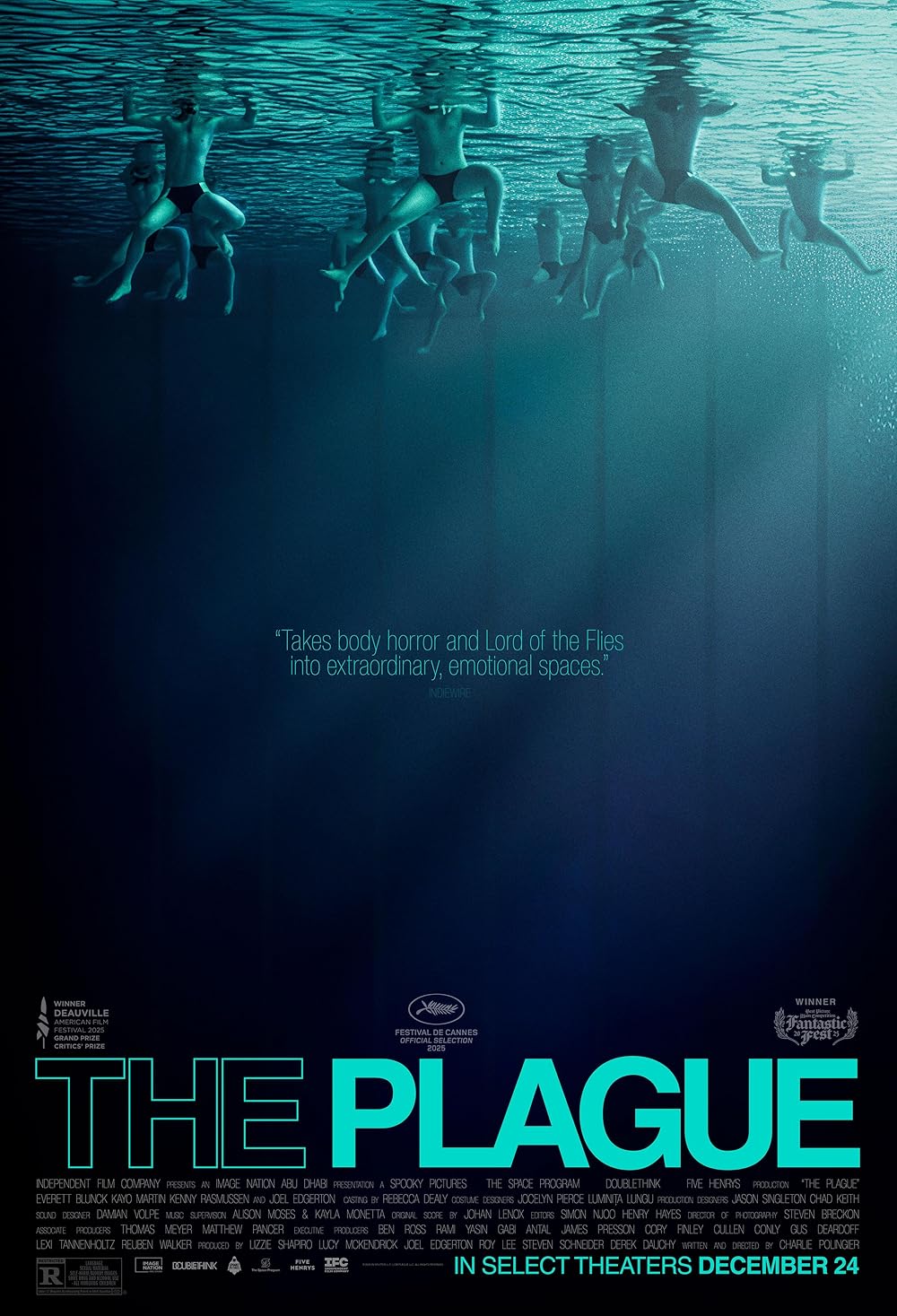
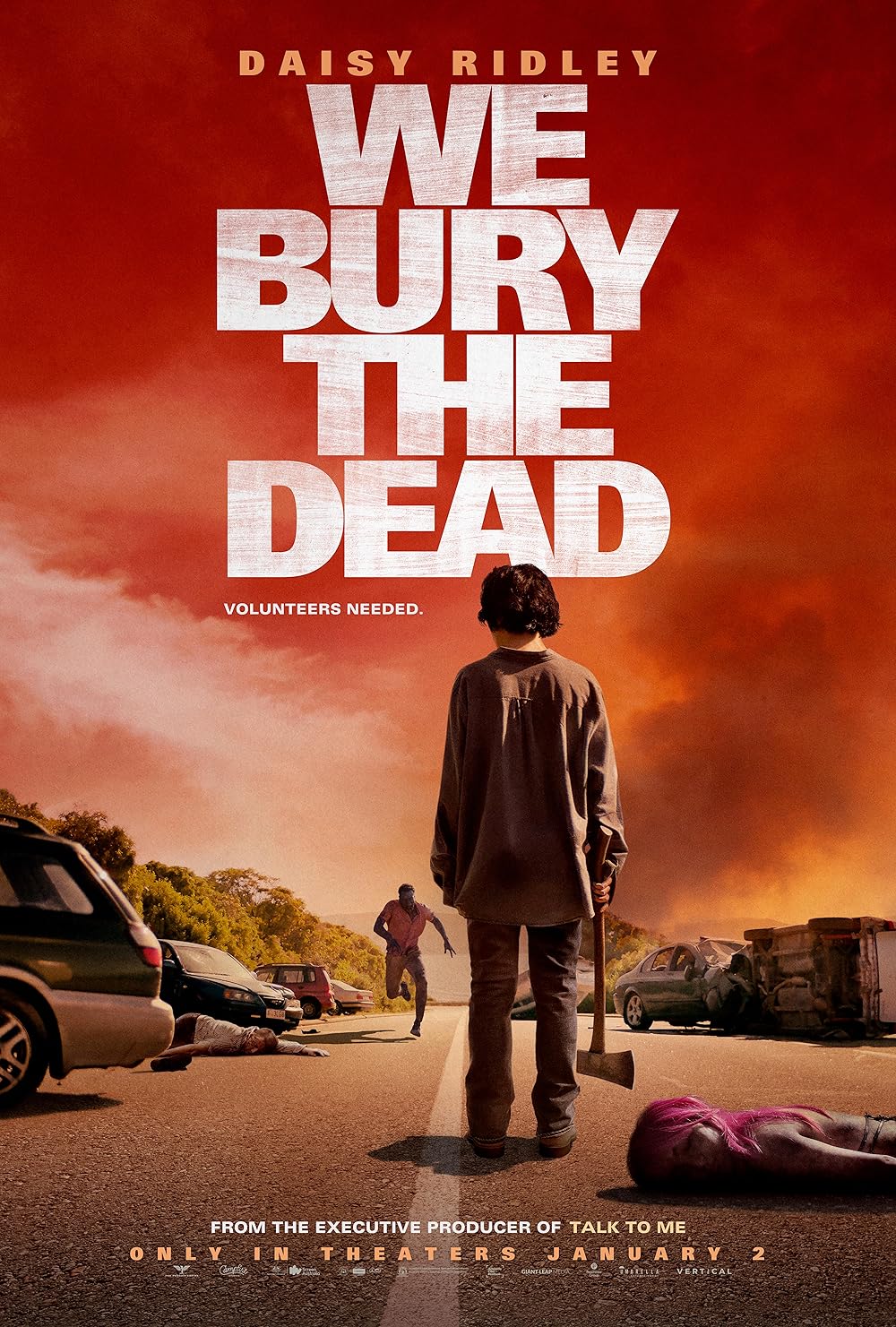 |
December 26, 2025

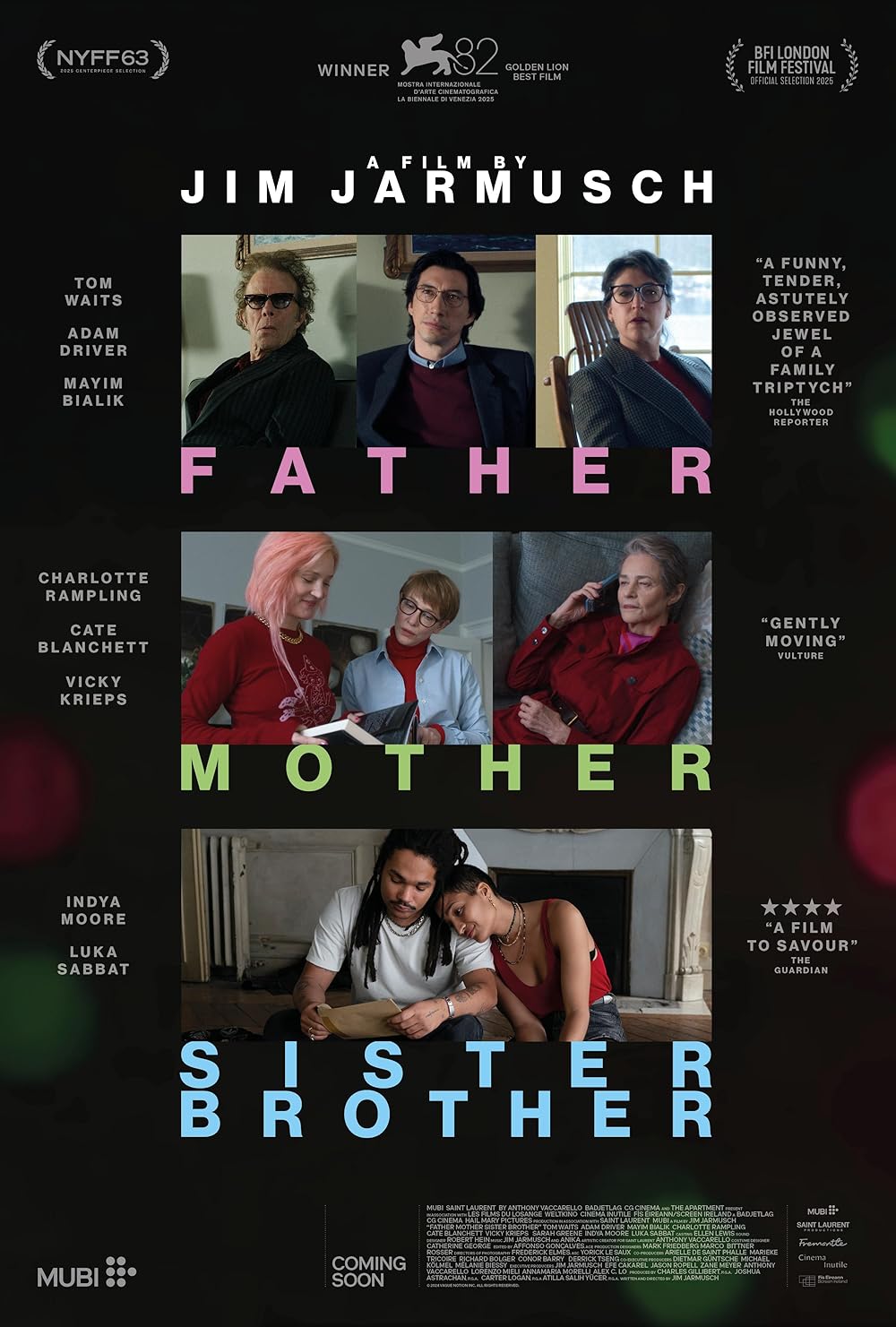
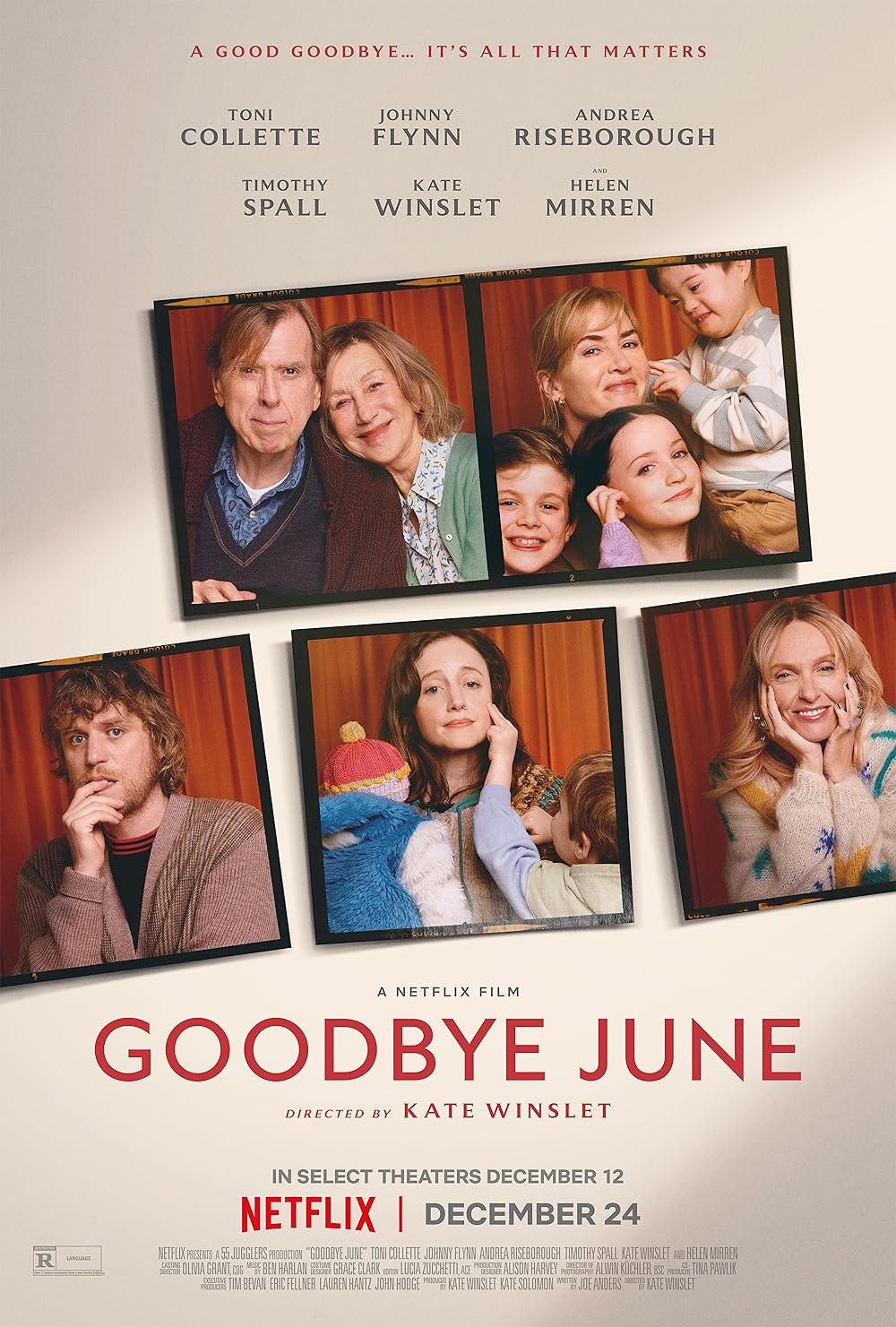
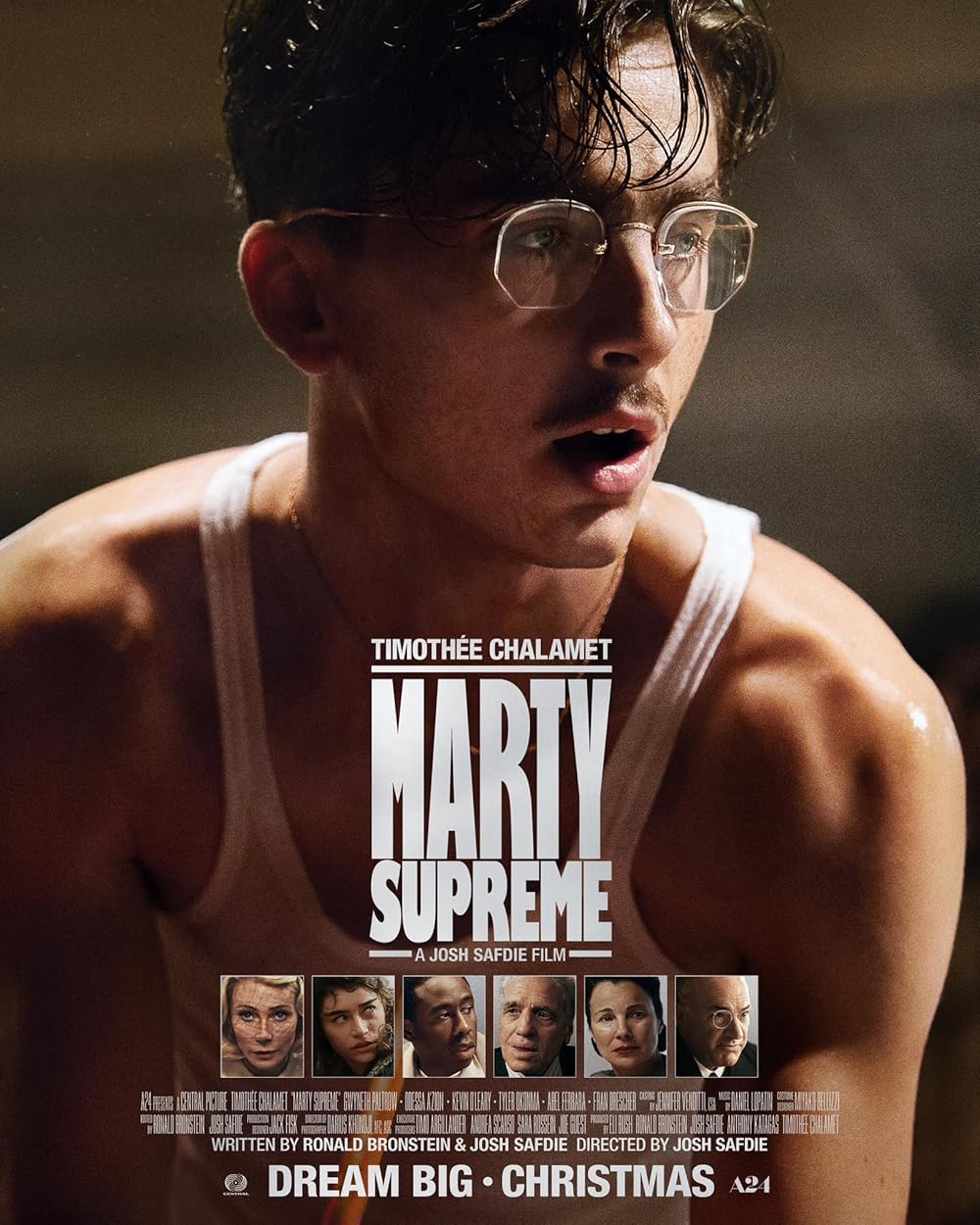
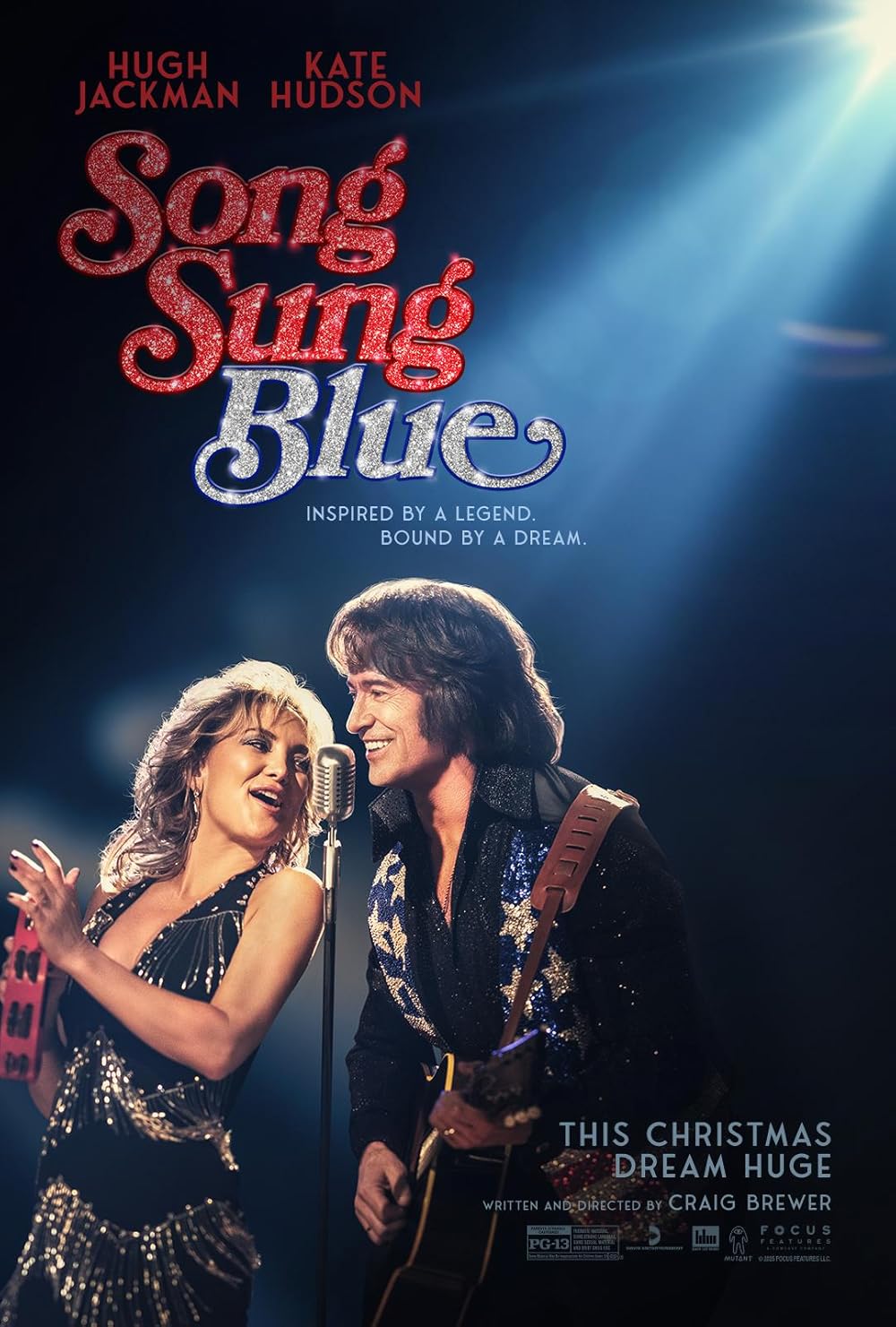
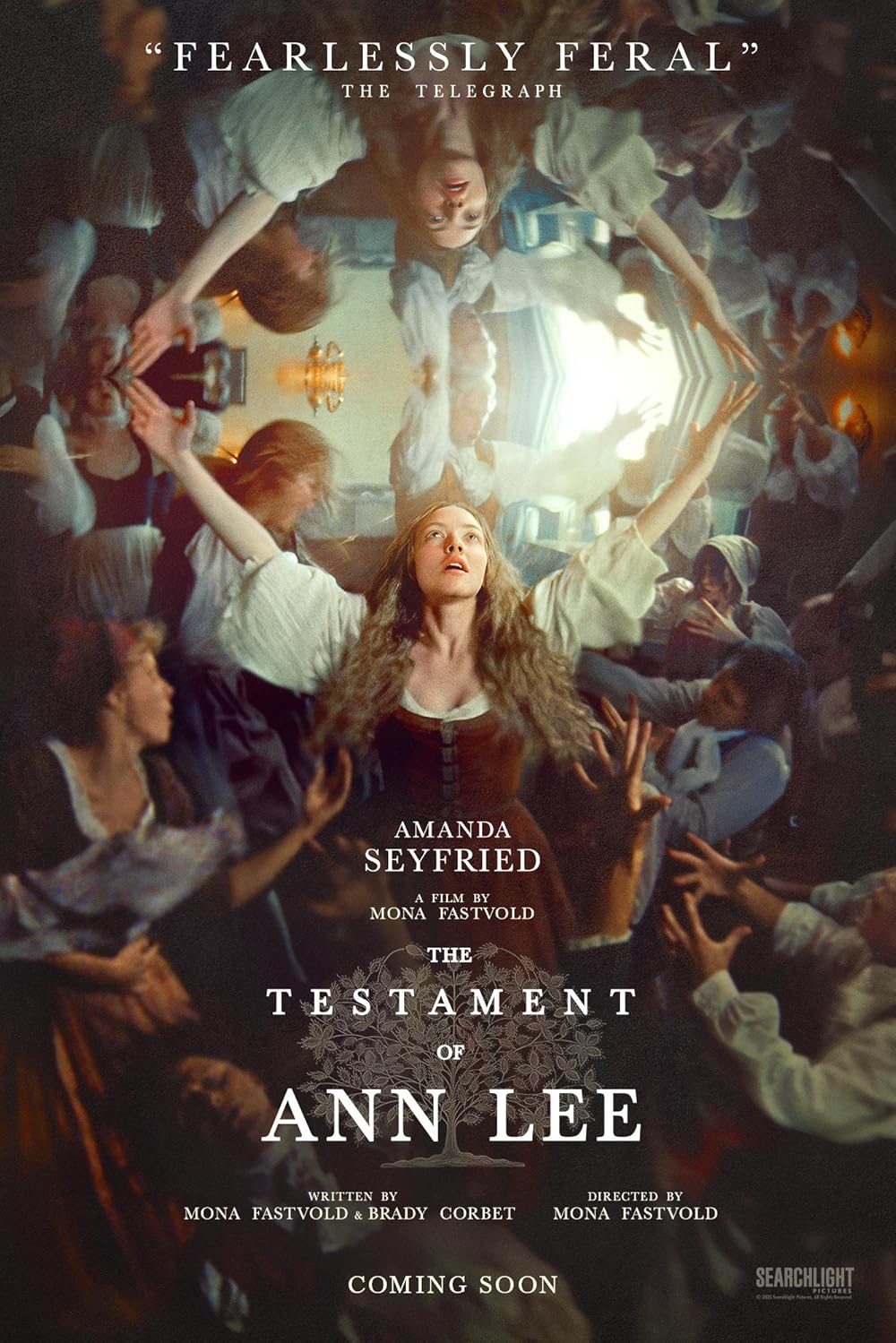 |
December 19, 2025
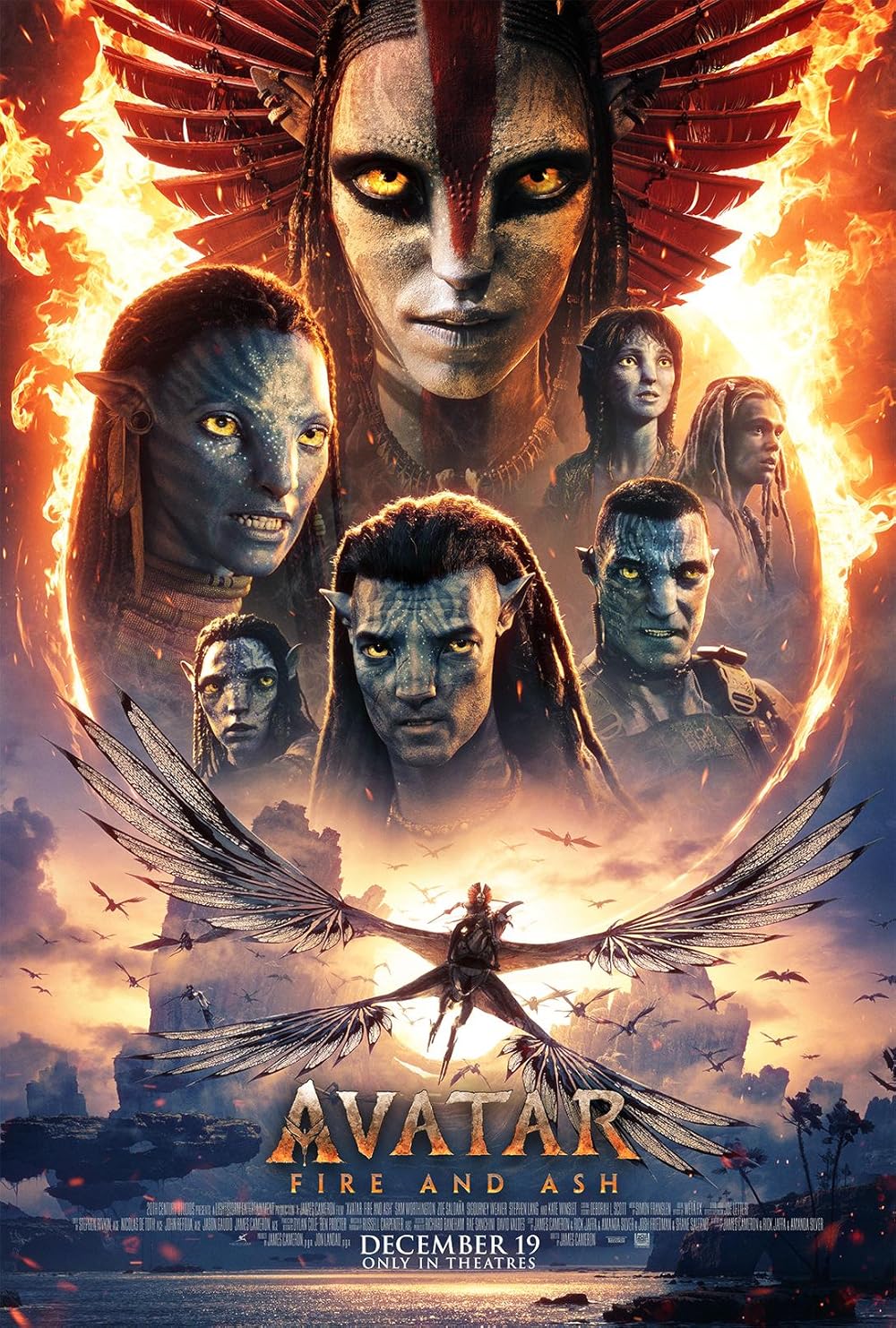
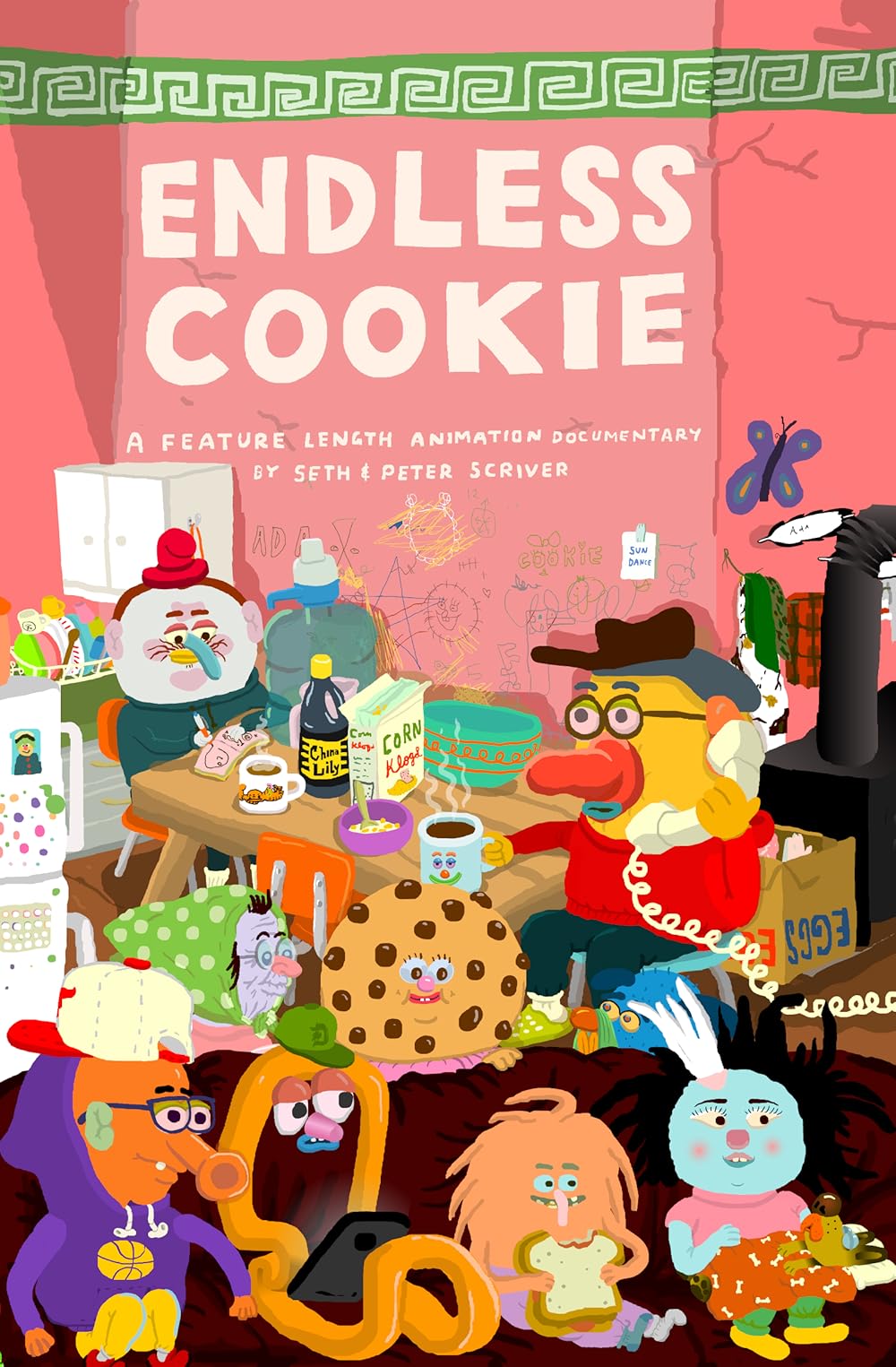
 |
December 12, 2025
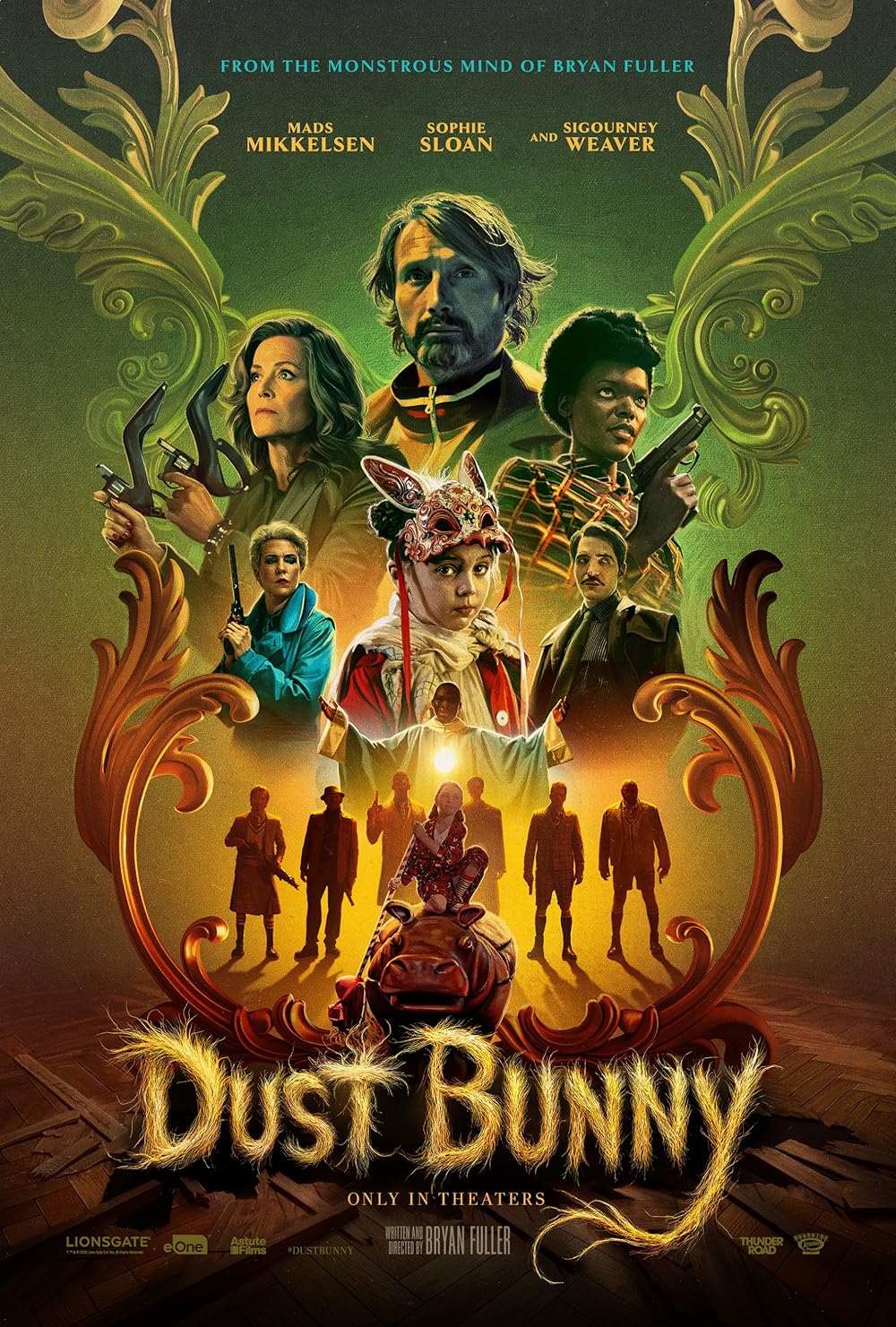
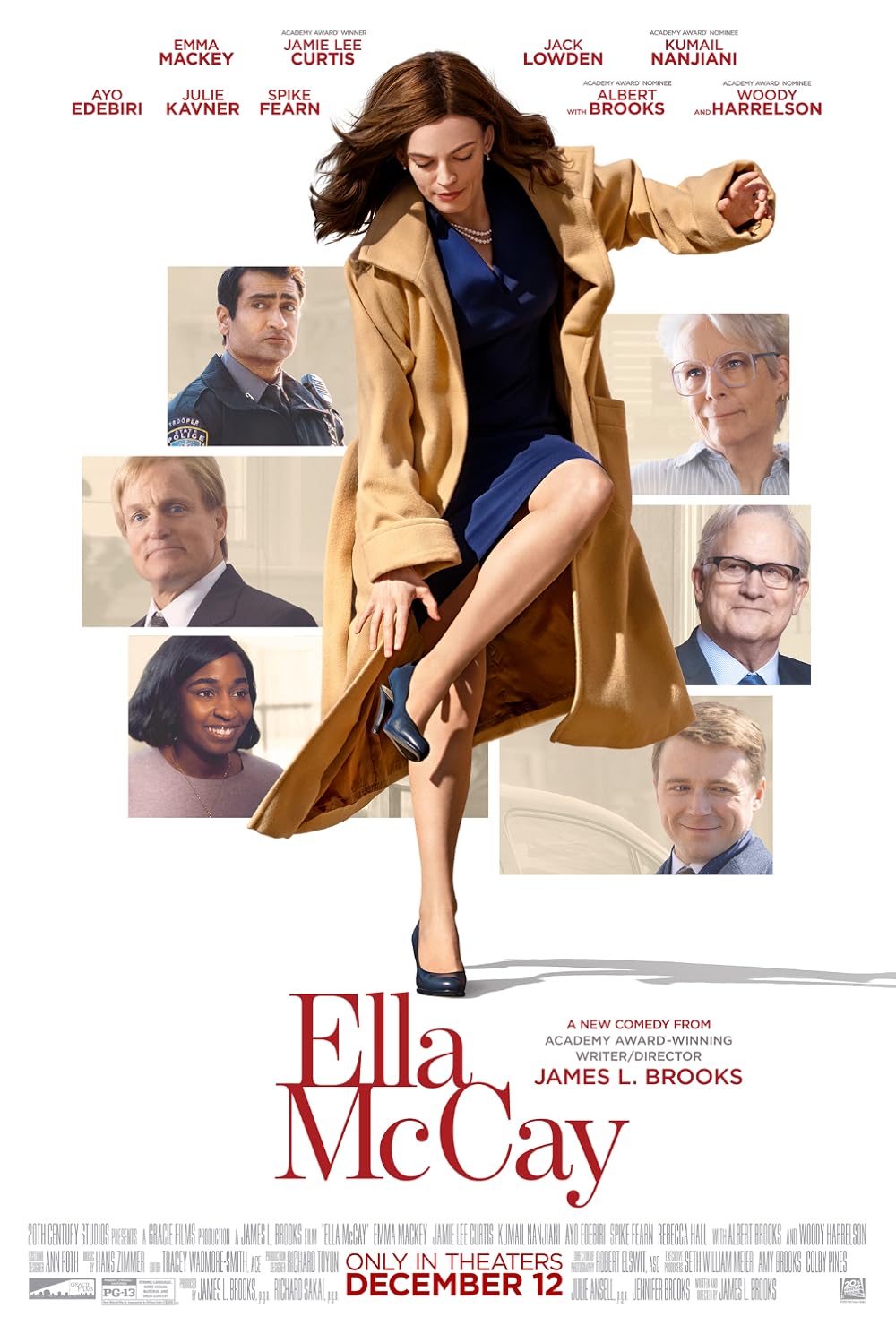
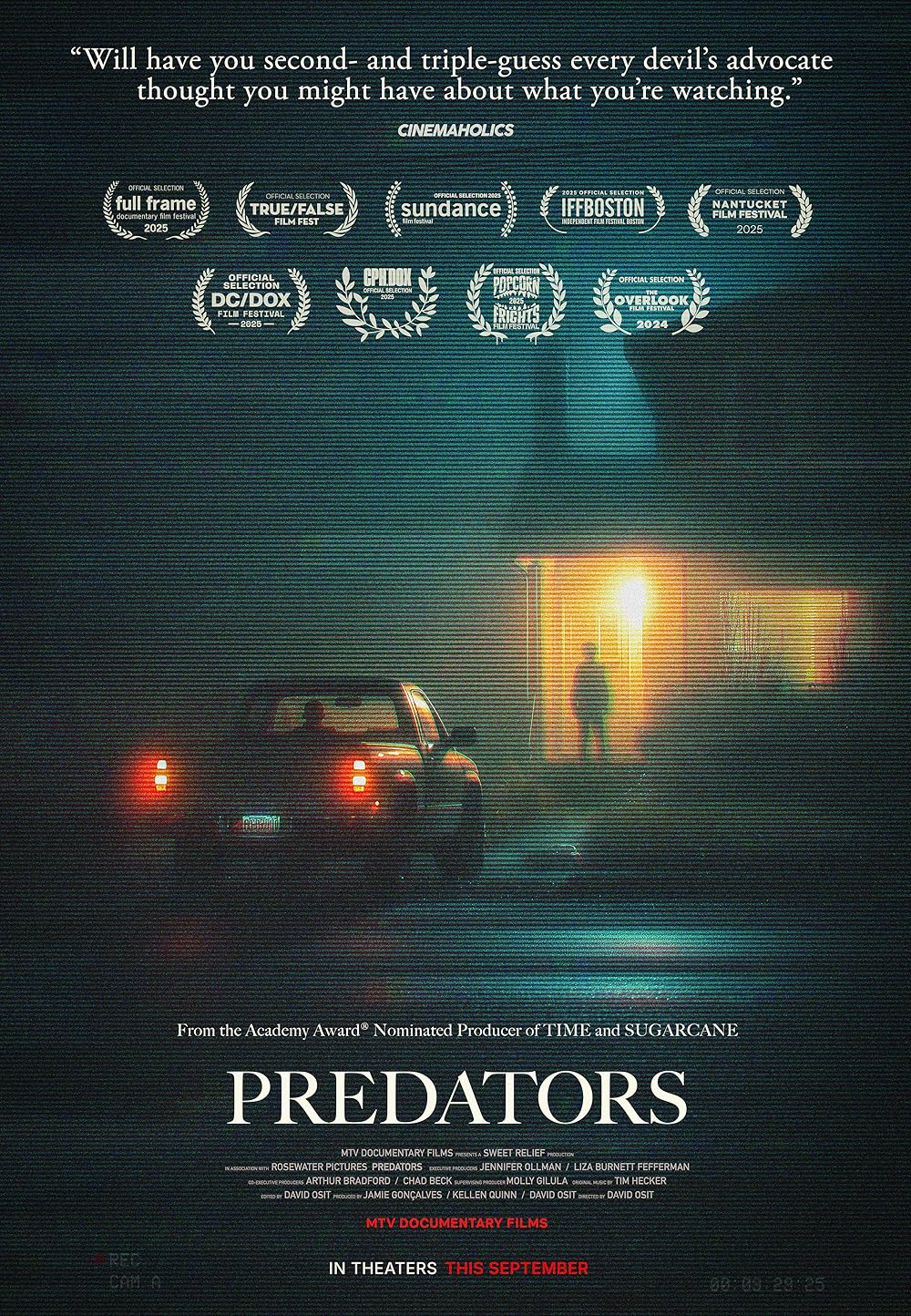
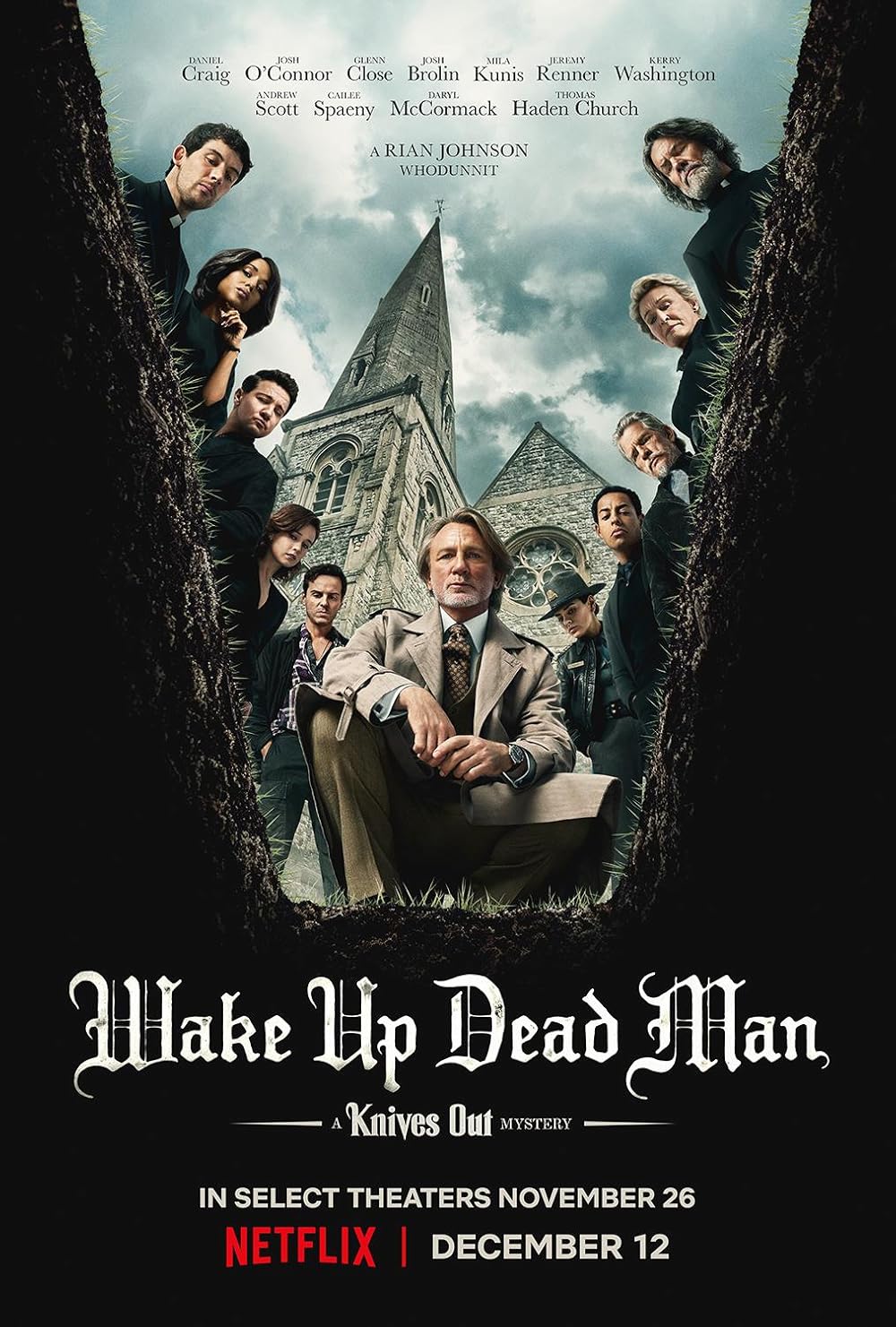 |
December 5, 2025
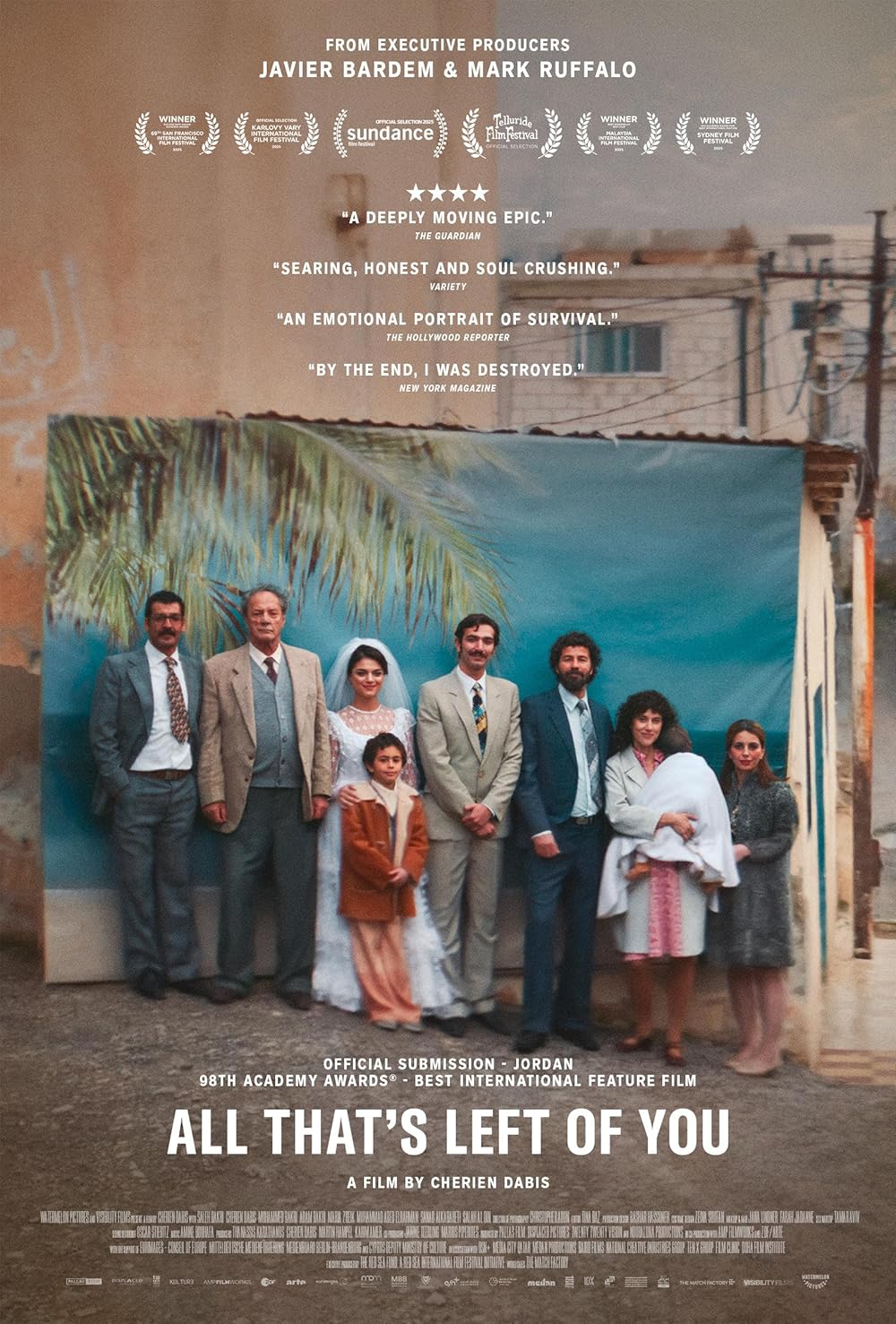

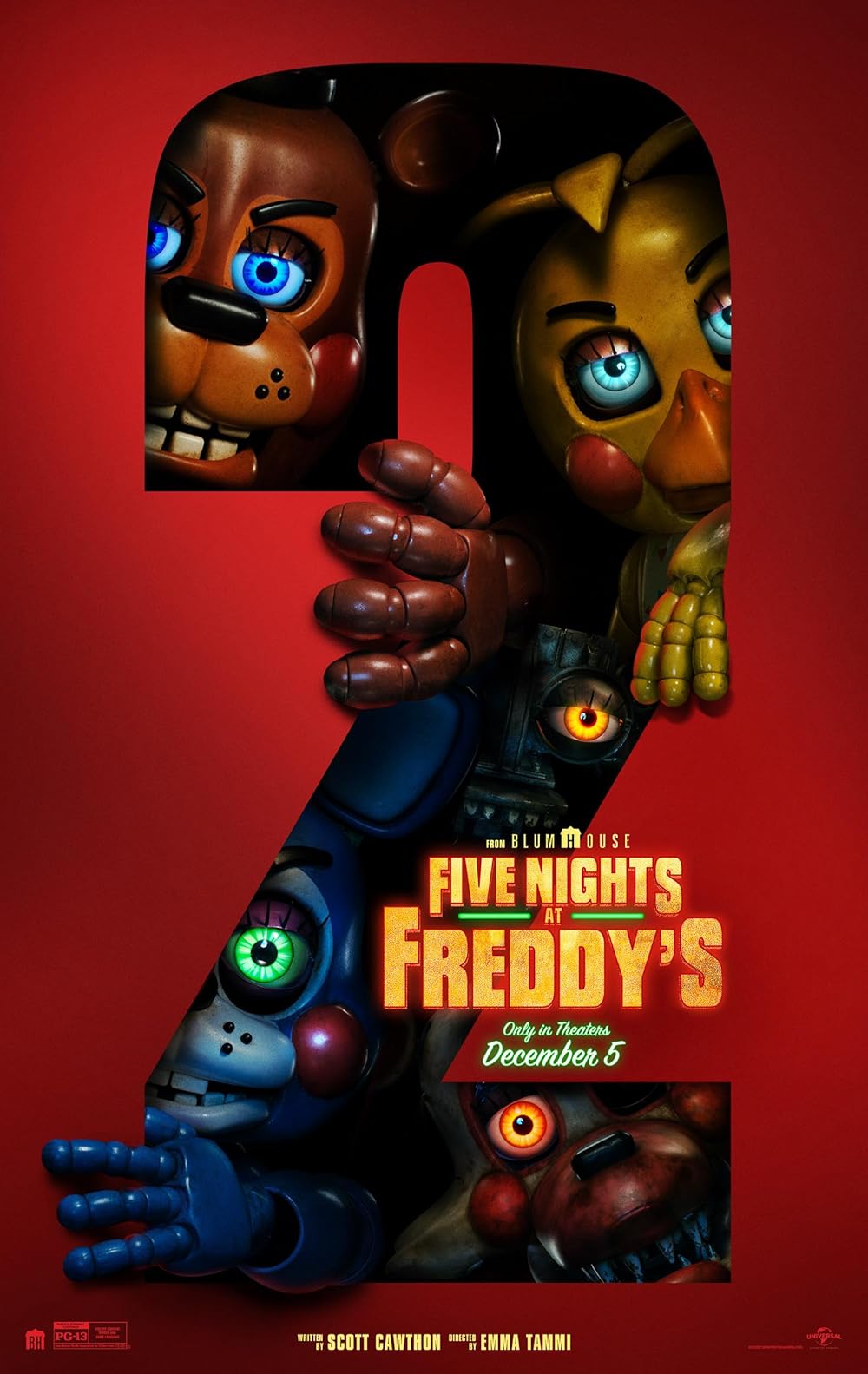
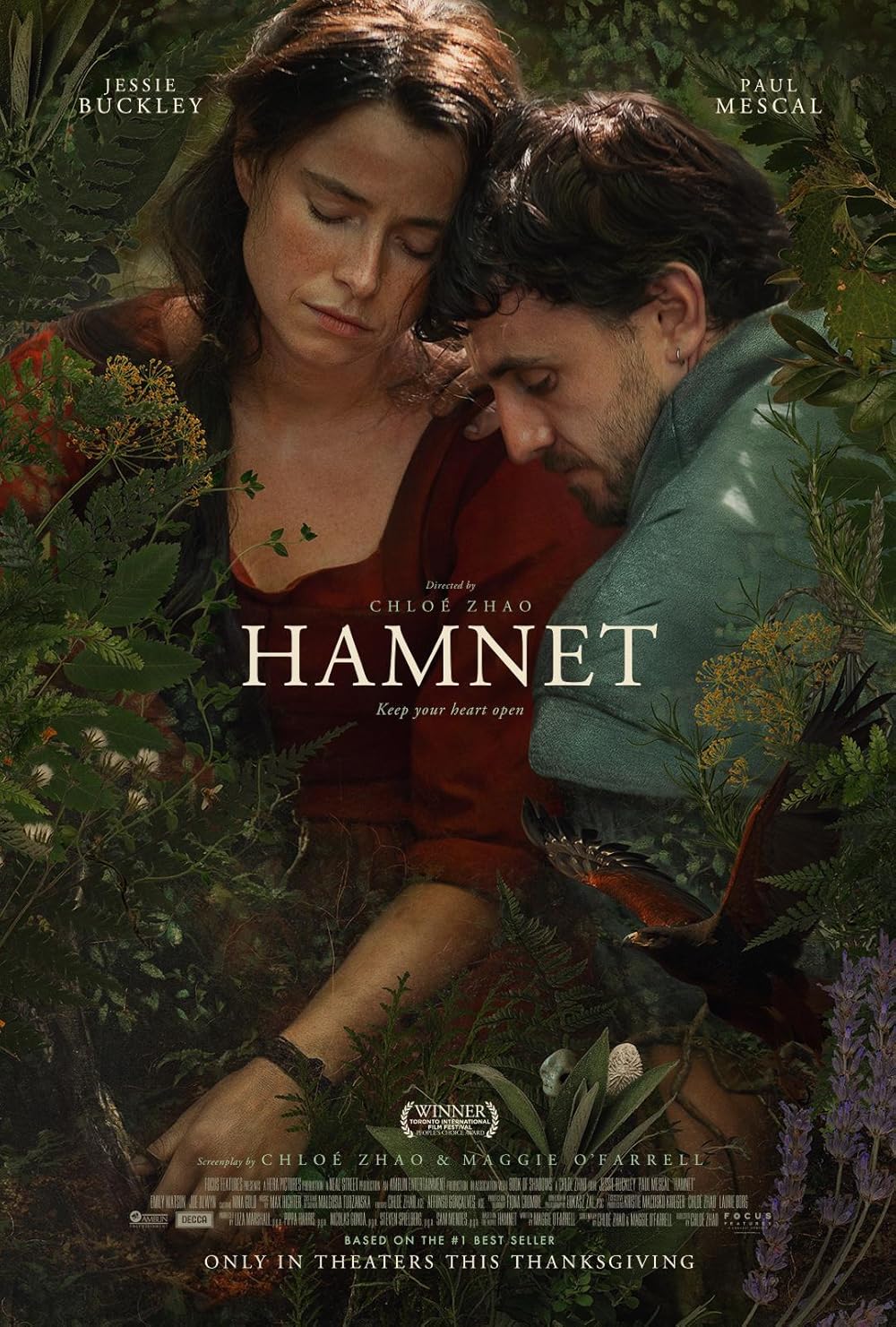
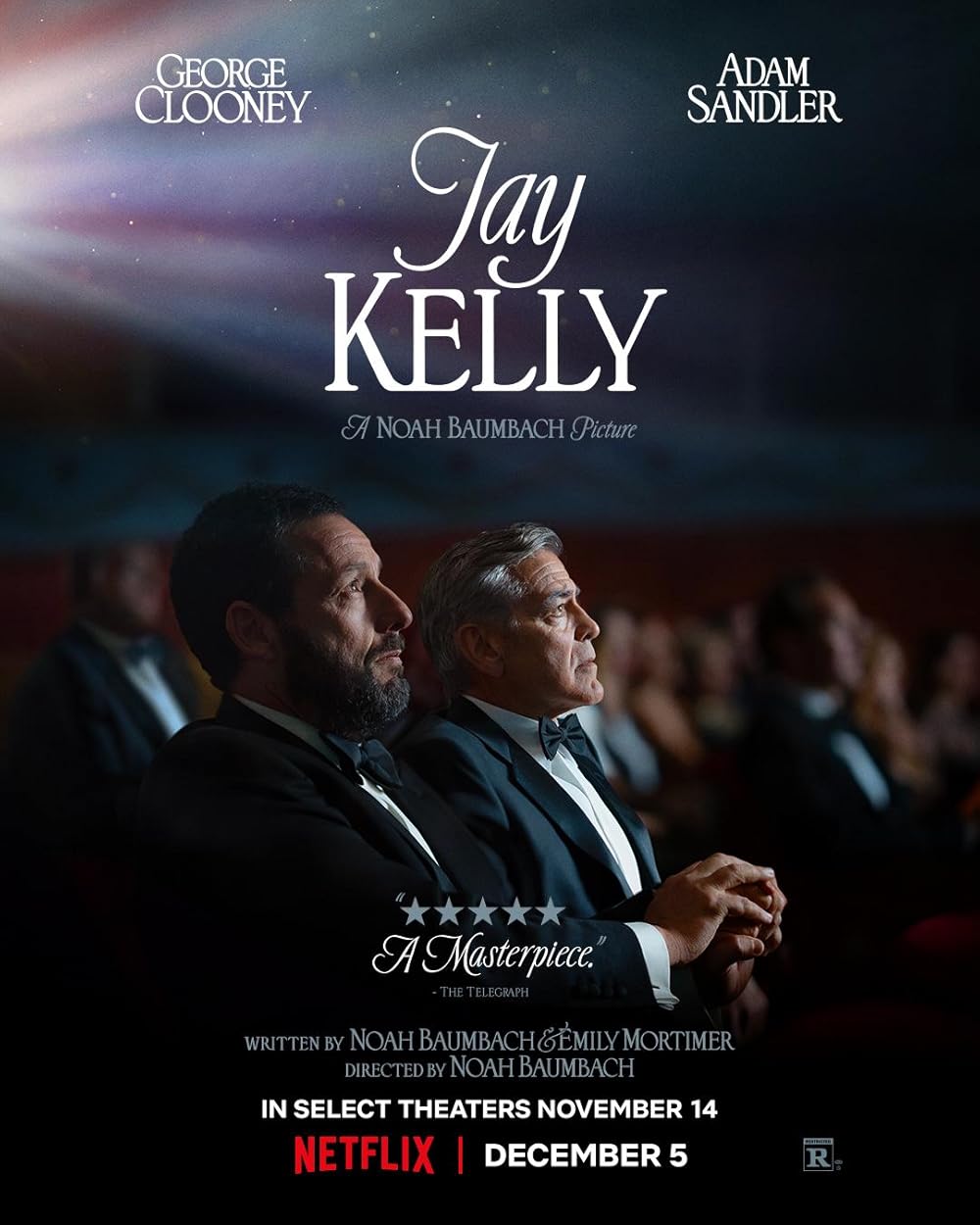

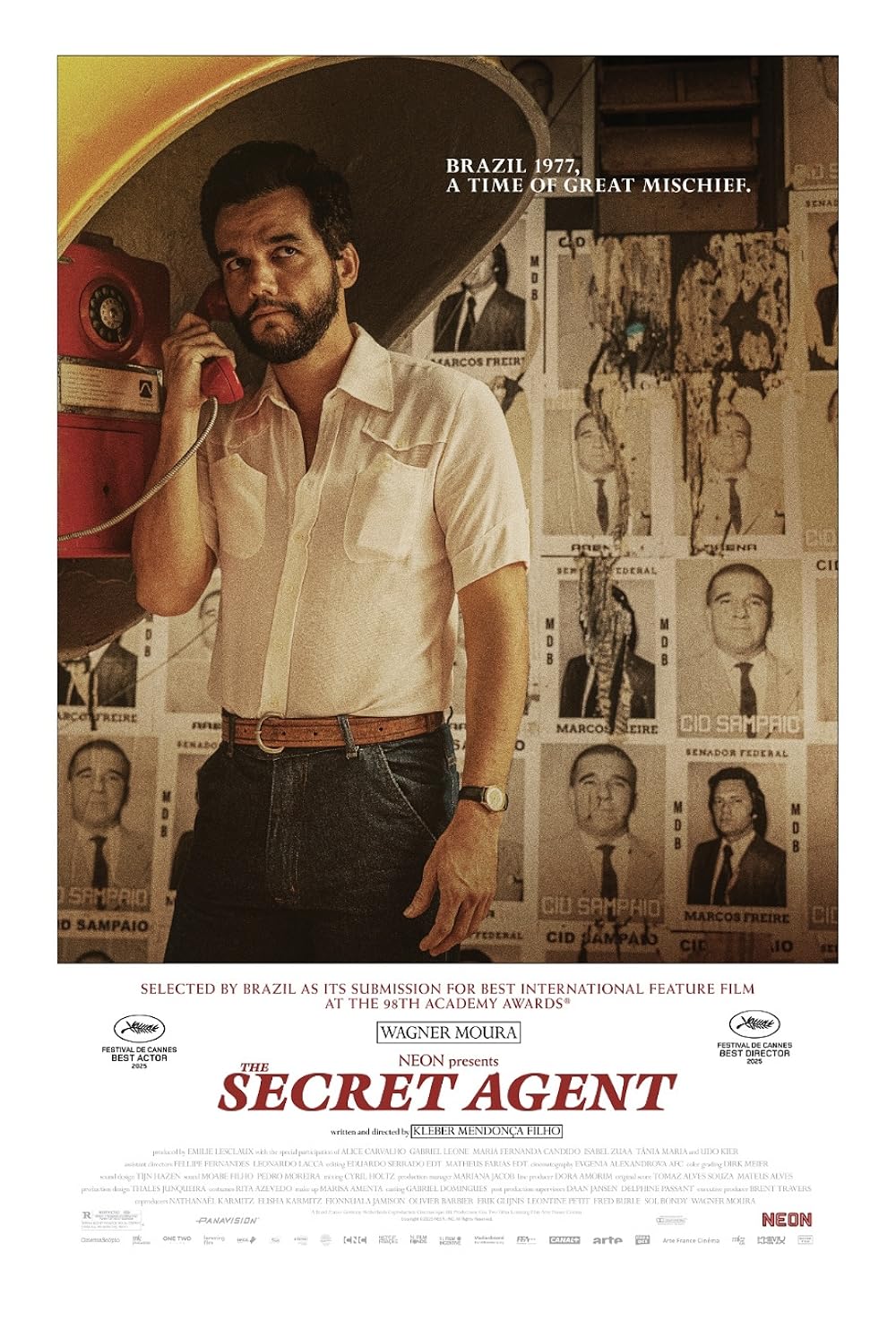 |
|
|
|
Inglourious Basterds
(2009)
Directed by
Quentin Tarantino
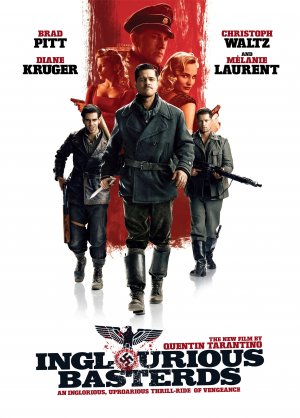
Review by
Zach Saltz
Posted - 9/7/09
Note: This
review contains spoilers beginning at the sixth paragraph.
Quentin Tarantino’s fifth feature film,
Inglourious Basterds (sic),
begins with an unexpectedly terse, brilliantly underplayed extended
exchange between Nazi Colonel Hanz Landa (Christoph Waltz) and a French
farmer hiding Jews. Save Landa’s distracting use of an oversized
pipe, the scene is as mature, tense, and riveting as anything Tarantino
has ever created. It serves as the background for the film’s
female protagonist, Shosanna Dreyfus
(a
ravishing Mélanie Laurent) whose family is killed by Waltz, and
will be presented, a couple of years later, with an intriguing
opportunity to play out her revenge on him and the rest of the Nazi
regime.
Oh yes, the film also involves a group of
Nazi-scalping Jewish fighters, led by a backwoods good ol’ boy named
Aldo Raine (Brad Pitt), as they hunt down German officers, kill them,
and scalp off the top of their heads in unsurprisingly frank detail
(lest we forget this is a Tarantino film). The film gradually
drifts toward a convergence of the two storylines, those of Shosanna’s
and the Basterds – the premiere of the latest Nazi film where major SS
command, including none other than Hitler himself, will be in
attendance. Both Shosanna and the Basterds know that if this chain
of command is eliminated, all Nazi power will fall and the Allies will
win the war.
Of course, merely describing the plot of a
Tarantino film does not do it justice. There are myriad elements
in Inglourious Basterds that
make the film a joy to watch. The director’s trademark dialogue
(often translated into German and French for this picture) is still
sharp and compelling, particularly in the sequences involving Shosanna’s
interactions with a dashing young Nazi officer (Daniel Brühl) and later
her first encounter with Landa since his execution of her family.
In fact, it may come as surprising that the film belongs more to
Shosanna, a more fully-developed, better-realized character, than the
rather anonymous Basterds, who are introduced briefly and quickly
forgotten.
There is quite a bit to like about
Inglourious Basterds. I
am always appreciative of how Tarantino weaves his labyrinthine
narratives with the utmost confidence, meaning that few scenes are
rushed and many interesting albeit insignificant characters are
introduced. Though violent and over-the-top at times, the film’s
ingenuity and rich citadel of characters is enough to propel it along
sequences which, in the hands of another director, may have been labored
and dull. I have nothing but deep admiration for what Tarantino is
doing here. Weaving together three or four storylines in a motion
picture as complex and delicately rendered as this one is certainly
commendable. But it is impossible for me to deny aspects of the
movie that are disappointing.
Of course, following a line of successes as
streamlined as his first four films have been, it may be impossible for
anyone to meet such high standards. But for a filmmaker who not
only met but surpassed those standards with his last feature (Kill
Bill: Volume Two), I feel as though there are three particularly
contentious elements of Basterds that need mentioning (stop here if you
do not wish to read spoilers):
One of Tarantino’s best qualities as an artist is
his ability to consistently reinvent himself, dealing with decidedly
different genres and story formulae. It is very difficult, for
example, to find any elements of
Reservoir Dogs in
Jackie
Brown. But in
Inglourious Basterds, the director finds himself using his previous
feature,
Kill Bill: Volume Two,
as copious source material: namely, the use of chapters, the
revenge-driven motive Shosanna (comparable to those of Beatrix Kiddo)
and the recurring Ennio Morricone score. There are two sequences in the
film, (a standoff between the Pitt and the lengthy final showdown
between Raine and Landa, which are practically replicas of scenes from
the earlier film.
There is another scene of the film that is
troubling, and this involves a game played where the players put cards
on their heads and guess the name that is written on them. There
is one such game where Tarantino’s comic payoff is unmistakably racist.
His dialogue has certainly bordered racist before (the famous “Sicilian”
exchange between Dennis Hopper and Christopher Walken in
True Romance comes to mind),
but here, there is no other point to the scene than to exploit the
similarities between African-American slaves and gorillas. The
fact that this observation is made by a Nazi makes no difference.
The intention of the dialogue is clearly comic in nature, and comes off
as unfunny as it is off-color.
And finally there is the issue of the Holocaust in
the film. Tarantino is evidently working in the confines of a
Nazi-torture-porn genre that does not exactly wish to divulge with any
sense of humanism the grave tragedy of the mass execution of 6,000,000
Jews (such a marketing strategy would admittedly sell less tickets than
Brad Pitt gleefully exclaiming that he’s ready to scalp some Nazi scum).
But Tarantino’s revisionism here is fascinating and disturbing, on many
levels. Hitler, Goebbels, Heinrich, and all others at the top of
the Nazi chain of command are killed at the end of the film, which takes
place in June, 1944. What does this say about the Jews that died
between this time and the end of the war, one year later? Is it
not irresponsible for a filmmaker dealing with an event as impactful and
meaningful to the course of human history as the Holocaust to
shortchange its significance? Art should never be confined by
arbitrary guidelines of appropriateness, but Tarantino’s intentional
ignorance of history does not respect the lives lost as well as the
social, political, and ethnographic impact of the Second World War.
This film will be seen by millions of audiences hungry for Brad Pitt to
rip the brains out of Nazis, and many of them, I fear, will leave the
theater with a false perception of how the Holocaust was ended (one is
reminded of those studies showing 70% of Americans cannot place Iraq on
a world map). As a person with relatives who died both as Jewish
prisoners and American men attempting to liberate them, it is personally
difficult to reconcile Tarantino’s role as a storyteller and that of an
observer and recreater of history.
And yet am I not propagating the same distorted
image of the Holocaust by praising Tarantino and awarding the film four
stars? It’s one of 2009’s best features, yes, but rarely has a
film made the line between truth and fiction so clear and palpable. It
is morally abhorrent to place this film in the same cannon of such films
dealing with the Holocaust as
Shoah,
Schindler’s List,
and
The Grey Zone. But
as a Tarantino film – chalk full of outrageous violence, offbeat
characters, and wry, practically trance-inducing, movie-and-pop-culture
obsessed dialogue – it is undeniably rich in entertainment value, but
little more.
Rating:

|
|
New
Reviews |
Reactions to the Nominations
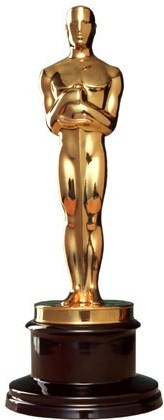
Written Article - Todd |
2026 Oscar Predictions: Final

Written Article - Todd |
Todd Most Anticipated #5

Podcast Featured Review |

Podcast Review - Todd |

Podcast Review - Terry |

Podcast Review - Zach |
10th Anniversary
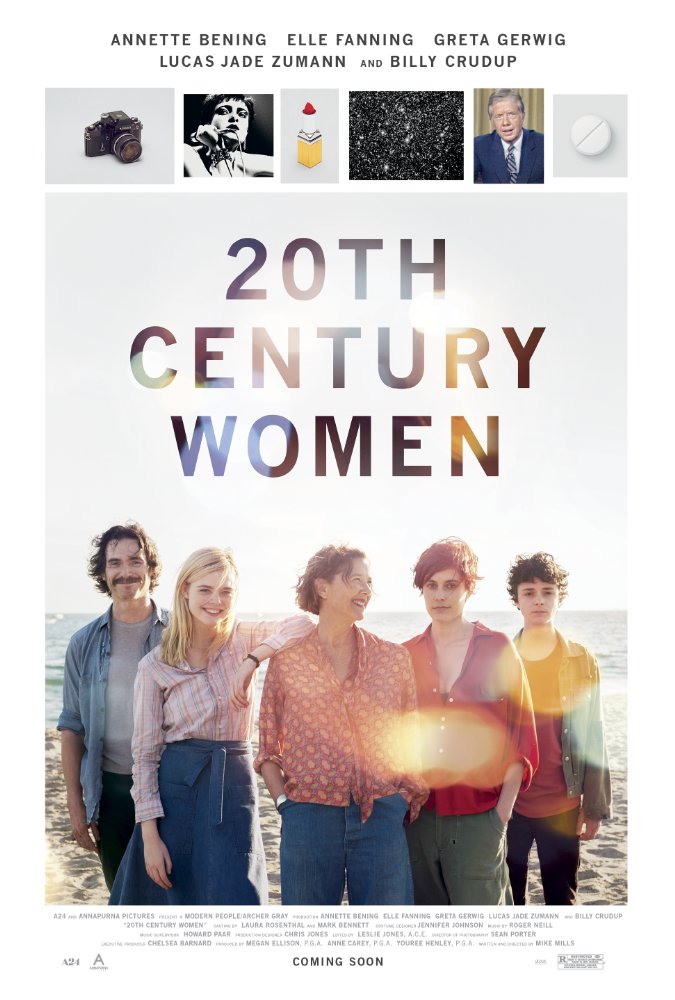
Podcast Oscar Review - Terry |
Director Blindspot Watch
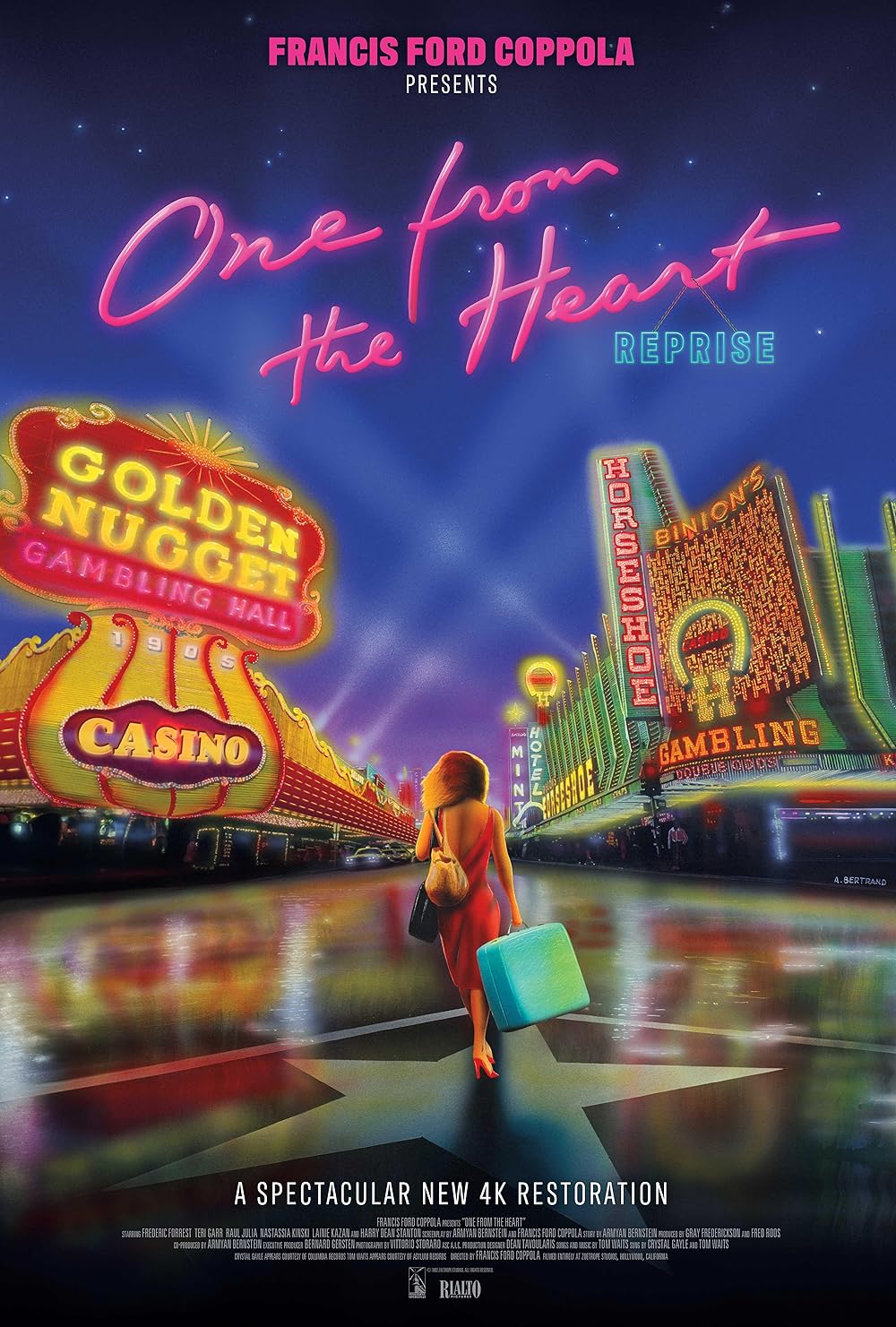
Podcast Review - Todd |
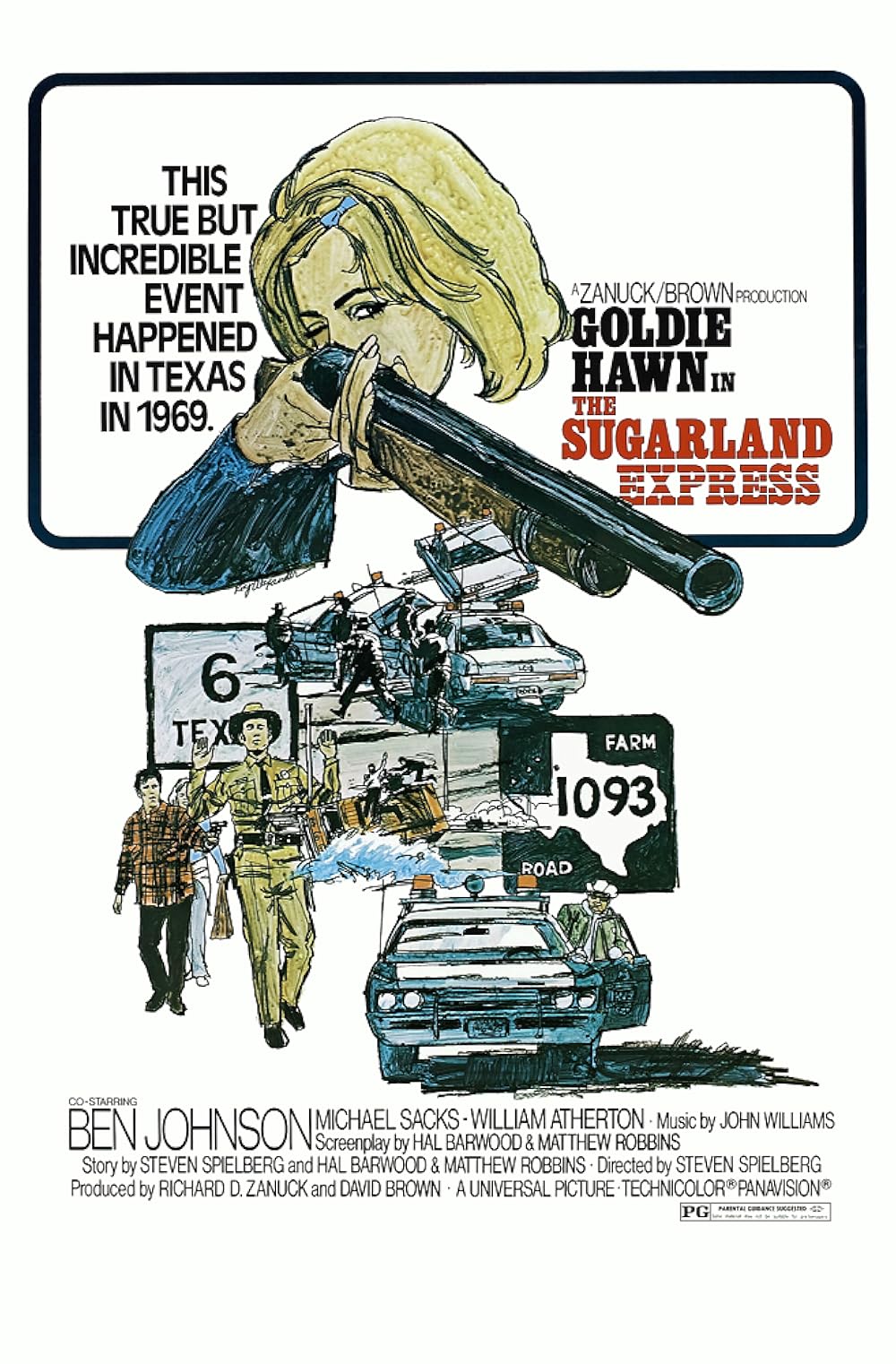
Podcast Review - Zach |
Ford Explorer Watch
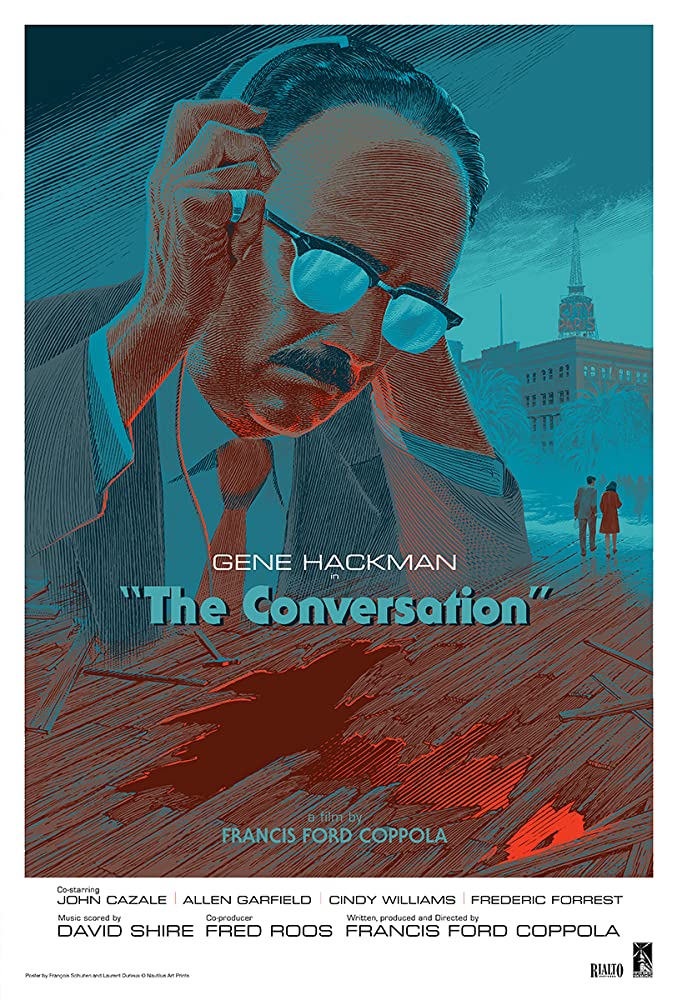
Podcast Review - Adam |
2027 Oscar Predictions: Jan.

Written Article - Todd |
Terry Most Anticipated #2

Podcast Featured Review |

Podcast Review - Terry |

Podcast Review - Zach |
20th Anniversary
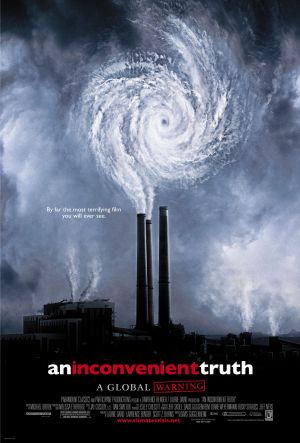
Podcast Oscar Review - Terry |
Ford Explorer Watch
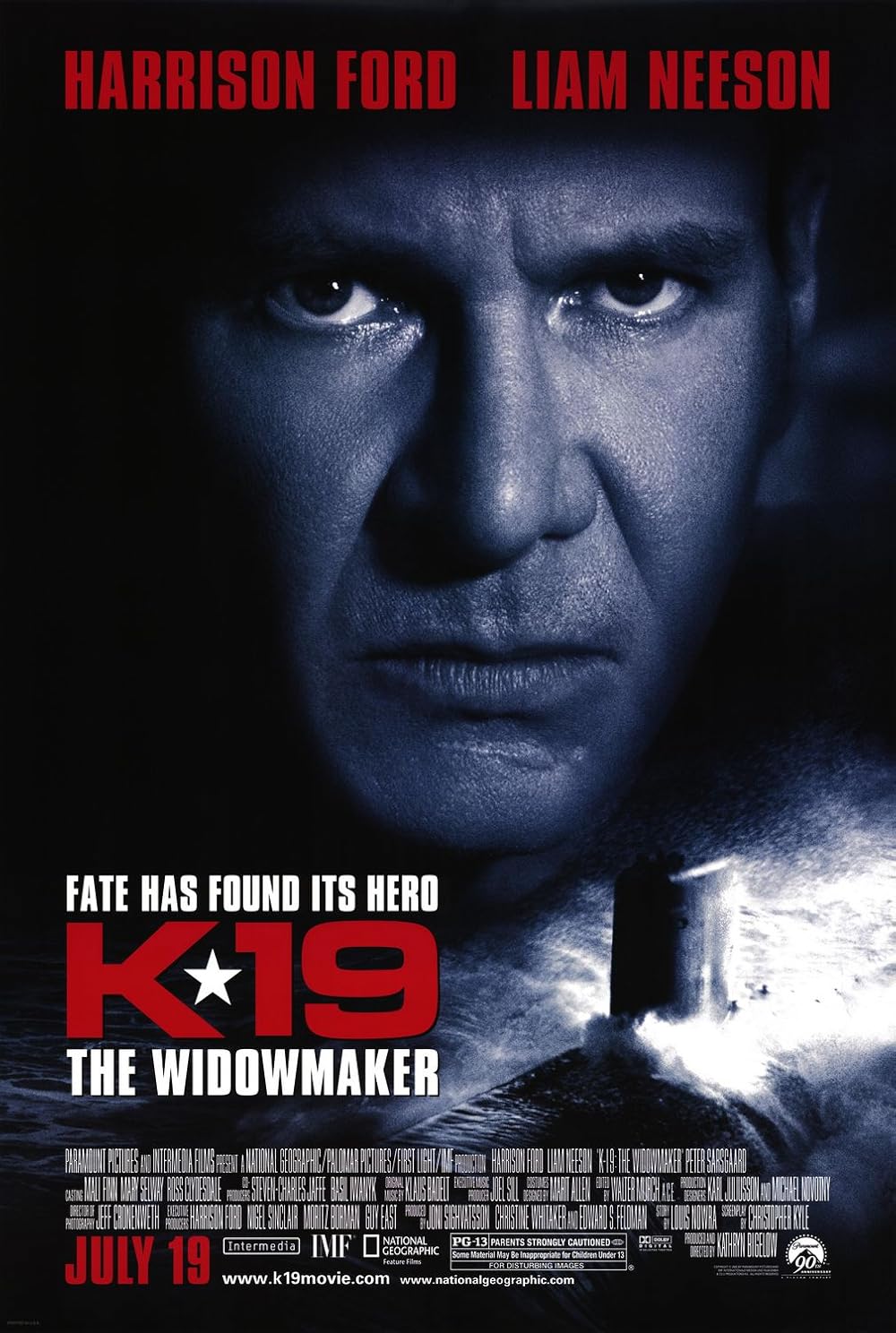
Podcast Review - Adam |
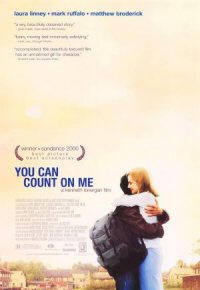
Podcast Trivia Review - Adam |
Director Blindspot Watch
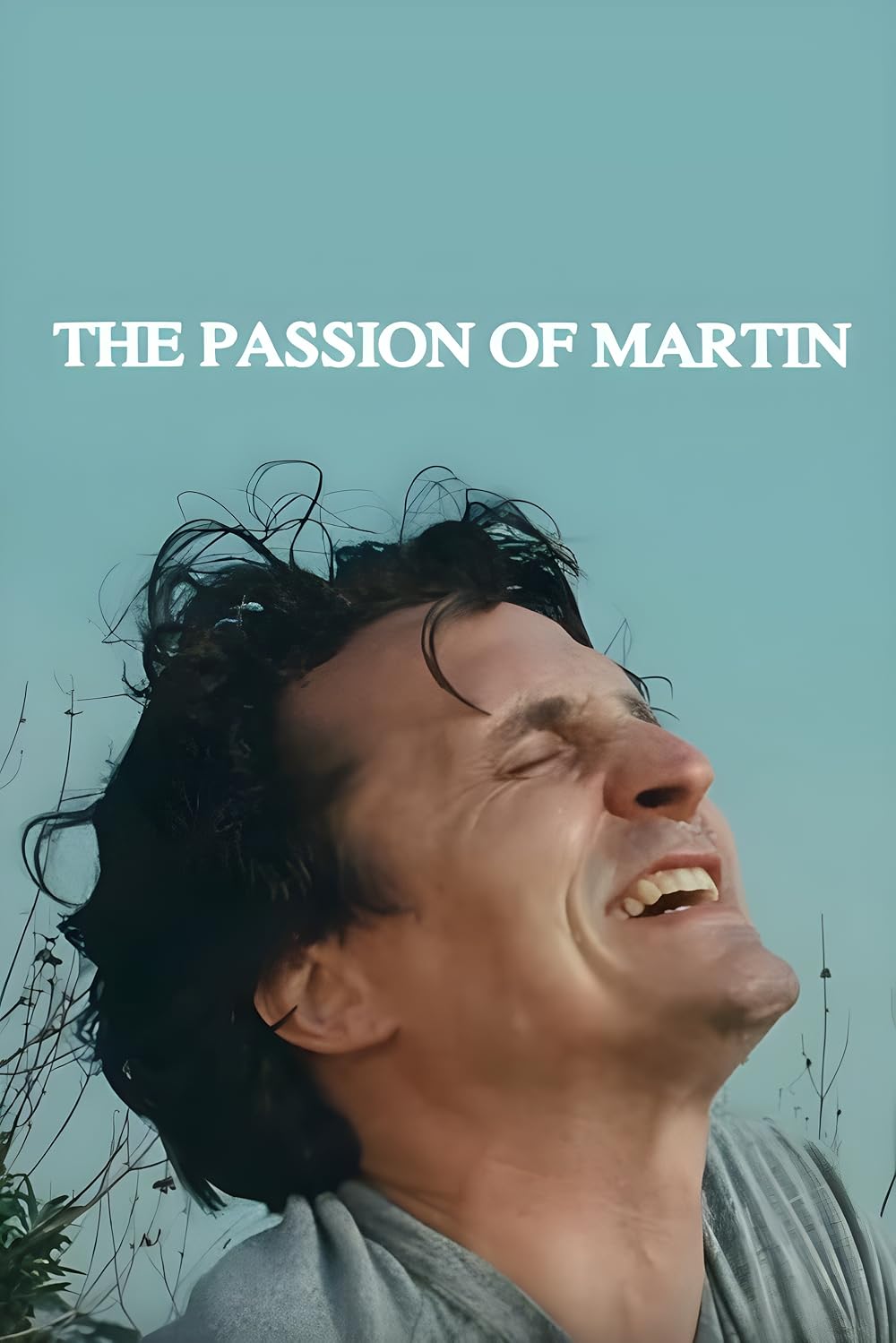
Podcast Review - Todd |

Podcast Trivia Review - Todd |
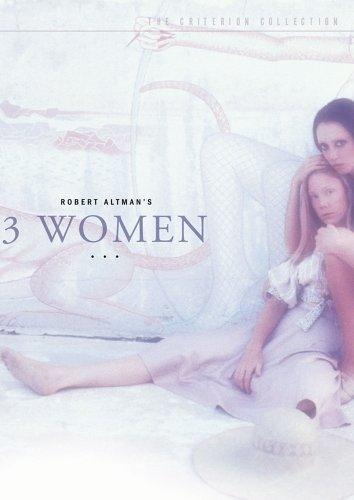
Podcast Trivia Review - Terry |
25th Anniversary

PODCAST DEEP DIVE |

Podcast Featured Review |

Podcast Review - Adam |

Podcast Review - Terry |

Podcast Review - Terry |
Indie Screener Watch
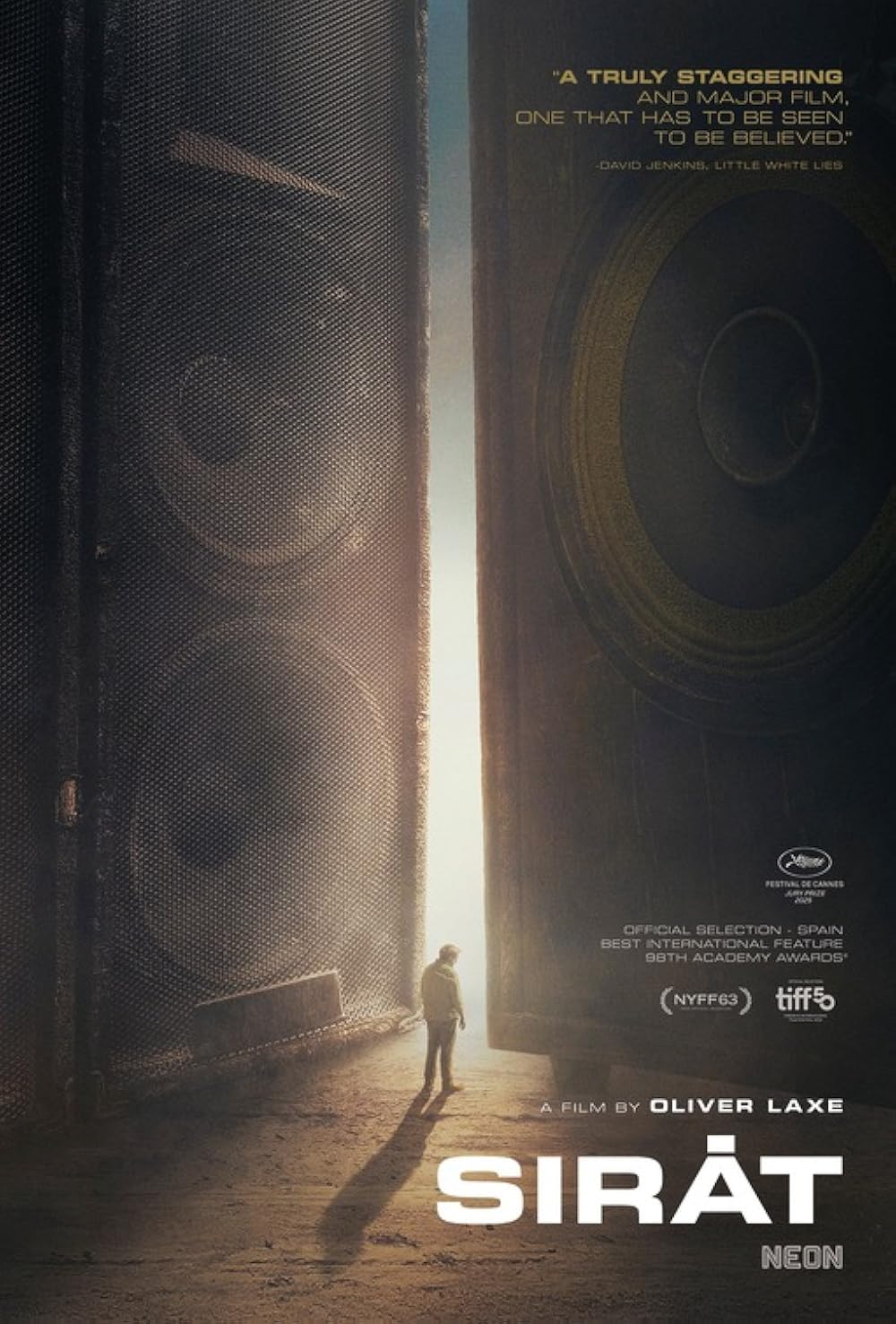
Podcast Review - Todd |
|
|
|